BAAI CONFERENCE
The BAAI Conference is an annual event and is regarded as the largest and most professionally comprehensive conference in the field of artificial intelligence in Beijing. The first conference was held in October 2019, and it has since been successfully held for four consecutive years. With a focus on internationalism, authority, and professionalism, the conference invites global experts to deliver speeches and engage in dialogues on the forefront and hot issues of artificial intelligence development. To date, the conference has featured eight Turing Award winners and attracted over 200 top experts each year. 点击此处获取大会邀请函
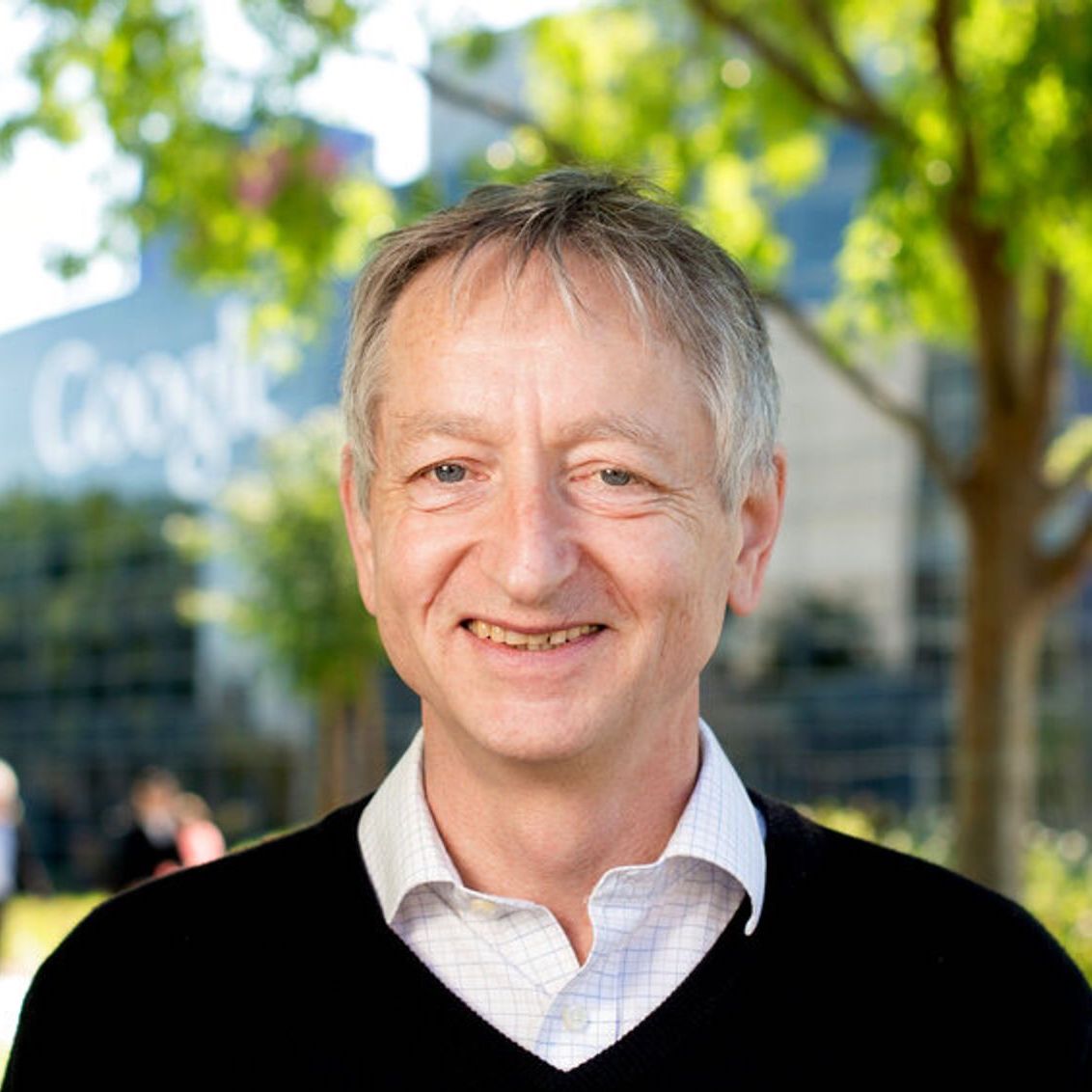
Geoffrey Hinton
Canadian cognitive psychologist and computer scientistGeoffrey Hinton was elected a Fellow of the Royal Society in 1998 for his achievements in learning algorithms and neural networks.He is currently a professor in the computer science department at the University of Toronto and an advisor for the Learning in Machines & Brains program at the Canadian Institute for Advanced Research(CIFAR). Since his resignation from Google in May 2023, Geoffrey Hinton has been highly attentive to AI risks and safety issues, and shared his profound reflections in public speeches.

Yann LeCun
Chief AI Scientist in FAIRYann LeCun is a tenured professor at New York University, head of Facebook's artificial intelligence laboratory, won the "Neural Network Pioneer Award". He is also a member of the US National Academy of Sciences, the US National Academy of Engineering and the French Academy of Sciences. His primary focus lies in the fields of machine learning, computer vision, mobile robotics and computational neuroscience.
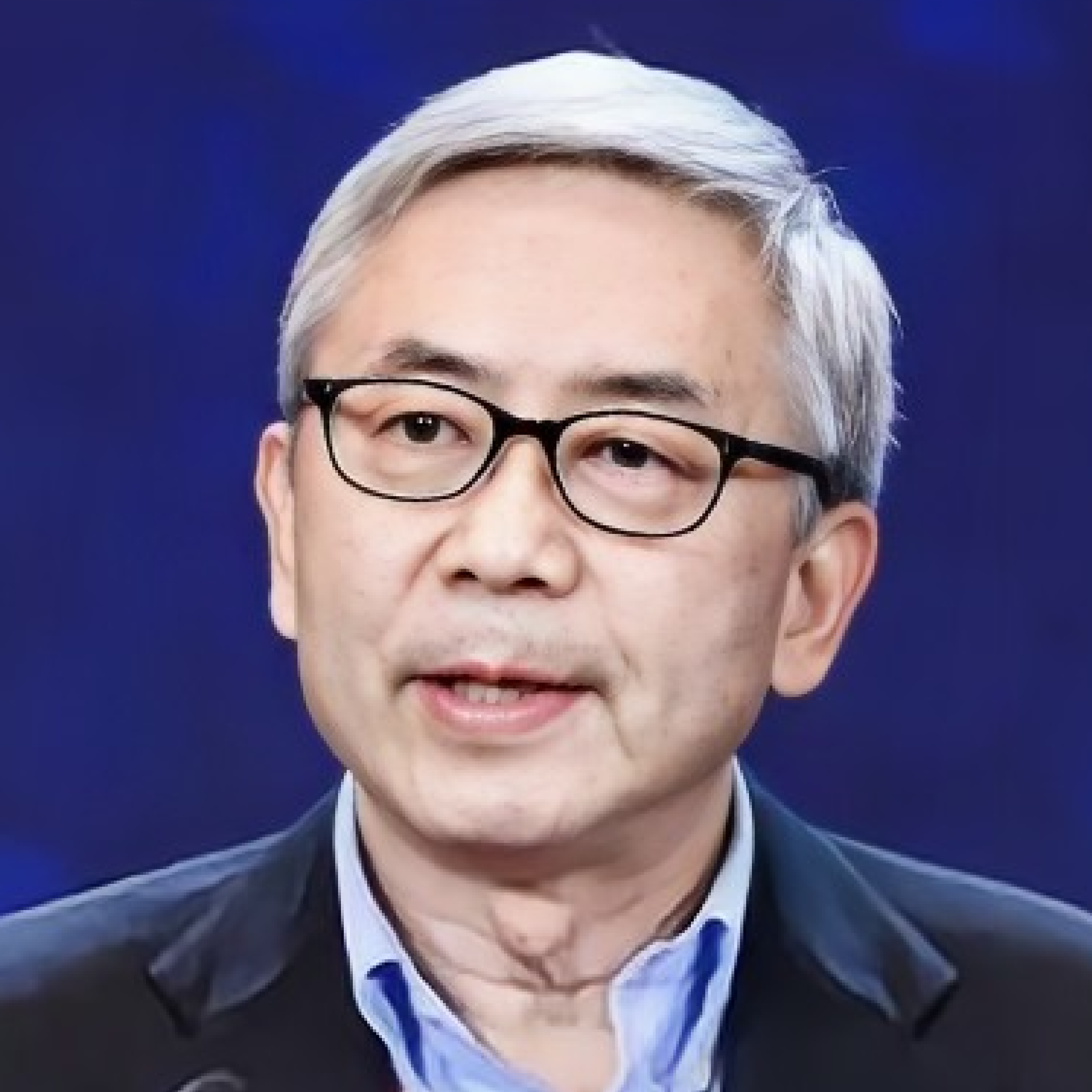
Nanning Zheng
Director of the Institute of Artificial Intelligence and Robotics of Xi'an Jiaotong UniversityDirector of the Institute of Artificial Intelligence and Robotics of Xi'an Jiaotong University, academician of the Chinese Academy of Engineering, IEEE fellow; chairman of the Chinese Association of Automation, vice-chairman of the Chinese Association for Artificial Intelligence, Chinese representative of the Council of the International Association for Pattern Recognition. His innovative research in important fields such as pattern recognition and intelligent systems, machine vision and image processing has made outstanding contributions to the development of China's pattern recognition and artificial intelligence and image processing discipline engineering technology.

Arieh Warshel
2013 Nobel chemistry laureate, Member of the USA National Academy of Sciences, Director of Warshel Institute for Computational Biology of CUHK-ShenzhenProfessor Arieh Warshel is a Distinguished Professor of Chemistry and Biochemistry and holds the Dana and David Dornsife Chair in Chemistry at the University of Southern California. The multi-scale molecular simulation method developed by Prof. Warshel has been successfully applied to biomolecular systems and protein reaction mechanisms, and thus won the 2013 Nobel Prize in Chemistry. Prof. Warshel has published more than 400 research papers and a book published in the 1991 book "Computer Models for Chemical Reactions in Enzymes and Solvents." Prof. Warshel is also an academician of the National Academy of Sciences and an honorary member of the Royal Society of Chemistry. He has won several awards, such as the Tolman Medal in 2003, the Royal Society of Soft Materials and Biophysical Chemistry in 2012, and the 2014 Founders Award of the Biophysical Society.
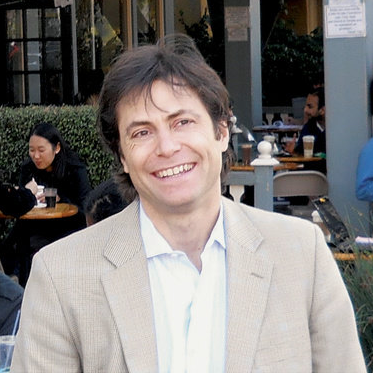
Max Tegmark
Professor of Physics in MITCosmologist, currently a tenured professor of physics at the Massachusetts Institute of Technology, scientific director of the Institute for Fundamental Issues; one of the founders of the Institute for the Future of Life. Representative works "Life 3.0", "Life 3.0 Our Mathematical Universe", etc.

Christoph Schuhmann
LAION Organizational Lead / FounderChristoph Schuhmann, MSc in Physics and Computer Science, University of Vienna. He is currently the director and founder of the non-profit organization LAION. His representative works include the LAION-5B dataset and the open source ChatGPT project Open Assistant.

Yanqi Zhou
Google Senior Research ScientistYanqi Zhou, Ph.D. in Computer Science, Princeton University. Currently a senior research scientist at Google Brain, dedicated to applying machine learning to design and optimize computer systems; one of the Google T5 model researchers.
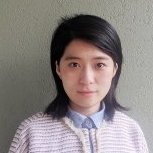
Yinhan Liu
Birch.ai Co-Founder/CTOYinhan Liu has a master's degree in operations research from the University of Texas at Austin. Former Facebook researcher, currently the core founder and CTO of Birch.ai. One of the research members of the RoBERTa model, and the author of the paper "RoBERTa: A Robustly Optimized BERT Pretraining Approach".
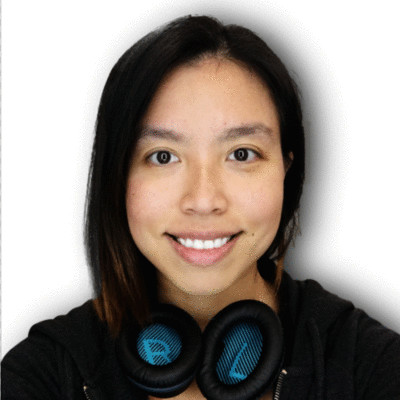
Susan Zhang
AI Researcher, Meta AISusan Zhang is an AI research engineer focused on pushing the limits of compute for general pre-training methods, along with infrastructure design for AI experimentation at scale. She has over 10 years of experience building software systems tackling a wide variety of domains, ranging from reinforcement learning at OpenAI, to large language model development at Meta. She graduated with an undergraduate degree in mathematics from Princeton University, and she is hoping to see the day when machines are the ones who finally solve the six remaining Millennium Prize problems.
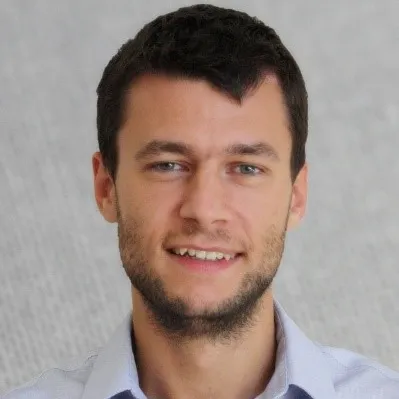
Stefano Ermon
Associate Professor in the Department of Computer Science at Stanford UniversityStefano Ermon is an Associate Professor in the Department of Computer Science at Stanford University. He is affiliated with the Artificial Intelligence Lab and is also a fellow of the Woods Institute for the Environment. His research focuses on machine learning and generative AI. He likes to develop principled methods motivated by concrete real-world applications and problems of broad societal relevance.
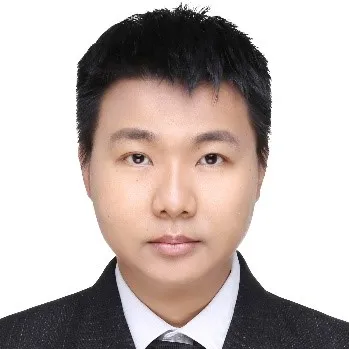
Zhou Zhao
Professor of Zhejiang University赵洲,浙江大学计算机学院教授、博士生导师。主要研究方向为自然语言理解、计算机视觉计算和生成式模型,在国际期刊和会议上发表50余篇论文,谷歌学术引用8000多次。完成了多个多模态生成式模型的工作,如生成式语音模型(NATSpeech、DiffSinger、Make-An-Audio、AudioGPT)和生成式视觉模型(PNDM、PDAE和GeneFace)等,应用于微软、华为、Stable-Diffusion和字节等科技公司产品中,获教育部科技进步一等奖、中国电子学会科技进步一等奖。
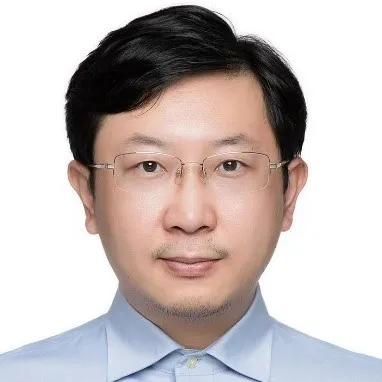
Guang Liu
BAAI刘广,北京智源人工智能研究院 NLP与多模态研究中心,算法研究员,北京邮电大学智能科学与技术博士。FlagAI核心贡献者,主要研究LLM和多模态文图生成方向。
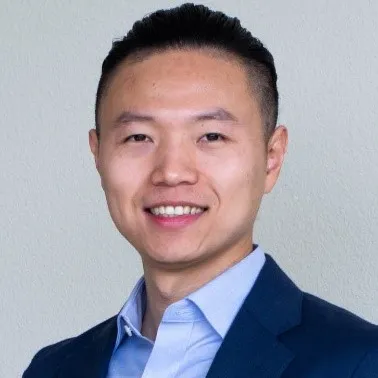
Bolei Zhou
Assistant Professor in the Computer Science Department at the University of California, Los AngelesBolei Zhou is an Assistant Professor in the Computer Science Department at the University of California, Los Angeles. He studies interpretable human-AI interaction for computer vision and machine autonomy. He is also interested in understanding various human-centric properties of current AI models beyond their accuracy, such as explainability, interpretability, steerability, generalization, and safety. Some of the earlier works he co-authored are Class Activation Mapping (CAM), Places, ADE20K, and Network Dissection.
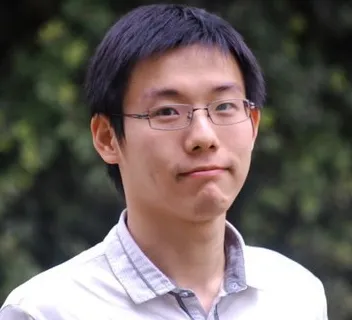
Jiajun Wu
Assistant Professor of Computer Science at Stanford UniversityJiajun Wu is an Assistant Professor of Computer Science at Stanford University, affiliated with the Stanford AI Lab (SAIL) and the Stanford Vision and Learning Lab (SVL). His research focuses on machine perception, reasoning, and interaction with the physical world, drawing inspiration from human cognition.Prior to joining Stanford, Jiajun Wu was a Visiting Faculty Researcher at Google Research, New York City, working with Noah Snavely. He completed his PhD at MIT, where he was advised by Bill Freeman and Josh Tenenbaum, and his undergraduate degrees at Tsinghua University, working with Zhuowen Tu.
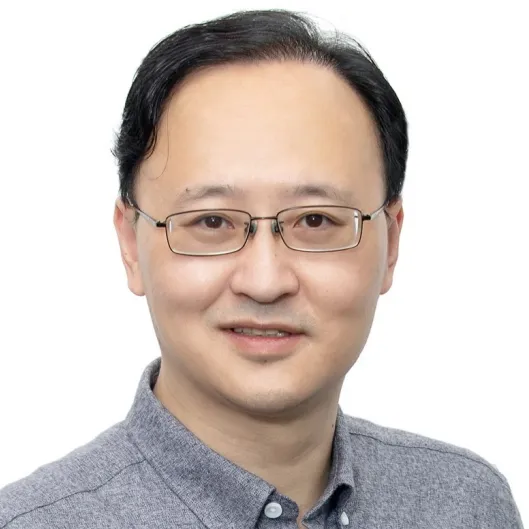
Jia Liu
Professor of Tsinghua University, Chief Scientist of BAAI毕业于麻省理工学院(MIT)脑与认知科学系,获认知神经科学哲学博士学位。主要研究领域为人工智能的认知神经基础(AI of Brain & Cognition, ABC)、视觉智能。曾获得国家杰出青年基金、教育部长江学者特聘教授、国家“万人计划”科技创新领军人才等国家级人才项目资助以及教育部自然科学一等奖等。
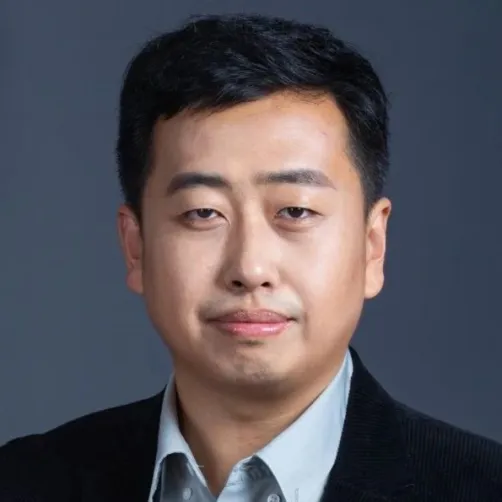
Yanjing Wang
Peking University阿姆斯特丹大学逻辑学博士,北京大学逻辑、语言、认知中心主任,入选国家高层次人才支持计划。专长为模态逻辑的基础理论及其在哲学、理论计算机以及人工智能中的应用。近年来在国际上推动了"知道如何"、"知道为何"、"知道是谁"等新一代认知逻辑的系统性研究。个人主页:wangyanjing.com
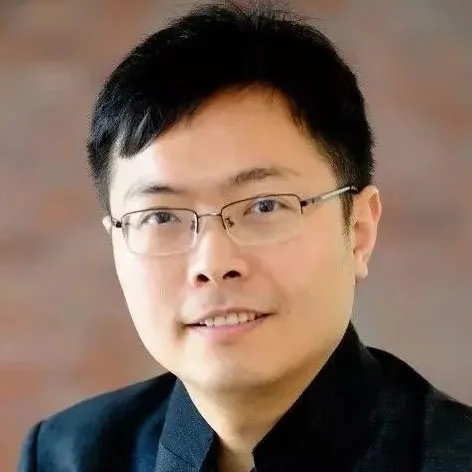
Sen Song
Tsinghua University主要研究方向为情绪与动机相关神经回路、计算神经科学与类脑计算,目前已在Nature、Nature Neuroscience、ICML、ACL等国际会议期刊发表论文60余篇。2000年提出了类脑计算领域常用的时间信号依耐可塑性算法(STDP)。2019年参与清华类脑计算中心团队类脑计算芯片“天机芯”的研究,研究论文登上《自然》(Nature)杂志封面。
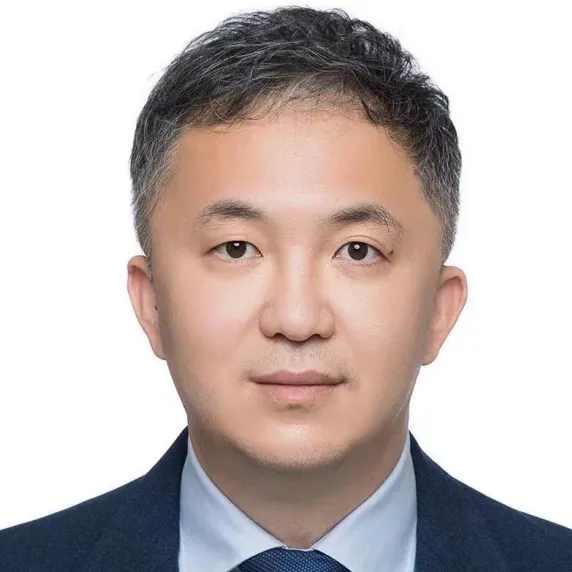
Kai Du
Peking University北京航空航天大学飞行器动力工程系学士(2002),瑞典卡罗琳斯卡医学院神经科学系博士(2016)和博士后(2020),欧盟脑计划“大脑仿真平台” 瑞典团队主要成员(2008-2016),于2020年加入北京大学人工智能研究院任助理研究员,主要研究方向是大脑精细仿真,树突计算,以及基于大脑精细模型的新型人工智能系统和理论。
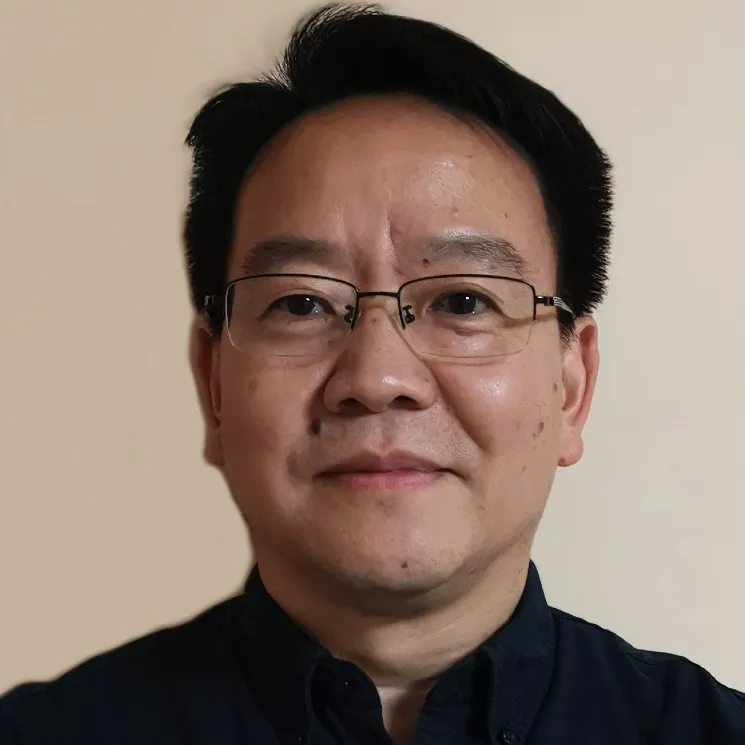
Si Wu
Peking University北京大学麦戈文脑科学所研究员,北京大学-清华大学生命科学联合中心研究员,定量生物学中心研究员,北京智源学者。吴思教授研究兴趣是用计算建模的方法定量化阐明脑认知功能的基本原理,并在此基础上研发类脑的智能算法。

Yi Zeng
Institute of Automation, Chinese Academy of Sciences中国科学院自动化研究所研究员、类脑智能实验室副主任、人工智能伦理与治理中心主任;中国人工智能学会心智计算专委会主任;国家新一代人工智能治理专委会委员;联合国教科文组织人工智能伦理特设专家组专家。

Bo Zhang
中国科学院院士、智源研究院学术顾问委员会主席中国科学院院士,清华大学人工智能研究院名誉院长、中国人工智能领域首批研究者、汉堡大学自然科学荣誉博士、俄罗斯自然科学院外籍院士、微软亚洲研究院技术顾问、国家“863”高技术计划智能机器人主题专家组专家,获得吴文俊人工智能最高成就奖、CCF终身成就奖、ICL欧洲人工智能奖、国家科委和计委颁发的个人金牛奖、为国家重点实验室做出重大贡献的先进工作者、国家教委科技进步一等奖、电子工业部科技进步一等奖以及国防科工委科技进步一等奖、国家教委高等学校出版社优秀学术专著特等奖、国家自然科学三等奖等。

Sam Altman
ChatGPT母公司OpenAI联合创始人Sam Altman(萨姆·奥尔特曼)是一位美国的企业家、程序员和投资者。他当前是ChatGPT母公司OpenAI的联合创始人和董事会成员、曾经担任过Y Combinator的总裁。

Stuart Russell
加州伯克利分校教授ACM Fellow、AAAI Fellow、AAAS Fellow。1995年荣获IJCAI Computers and Thought Award。他与Google研究总监Peter Norvig合著的《人工智能:一种现代的方法》是人工智能权威教材。2020年,他的新书《AI新生:破解人机共存密码——人类最后一个大问题》(Human Compatible:Artificial intelligence and The problem of control)在中国出版。

Qizhi Yao
图灵奖得主,中国科学院院士姚期智,世界著名计算机学家,2000年图灵奖得主,中国科学院院士,美国科学院外籍院士,美国科学与艺术学院外籍院士,国际密码协会会士,清华大学交叉信息研究院院长,"清华学堂计算机科学实验班""清华学堂人工智能班"首席教授,973项目首席科学家,香港中文大学博文讲座教授。
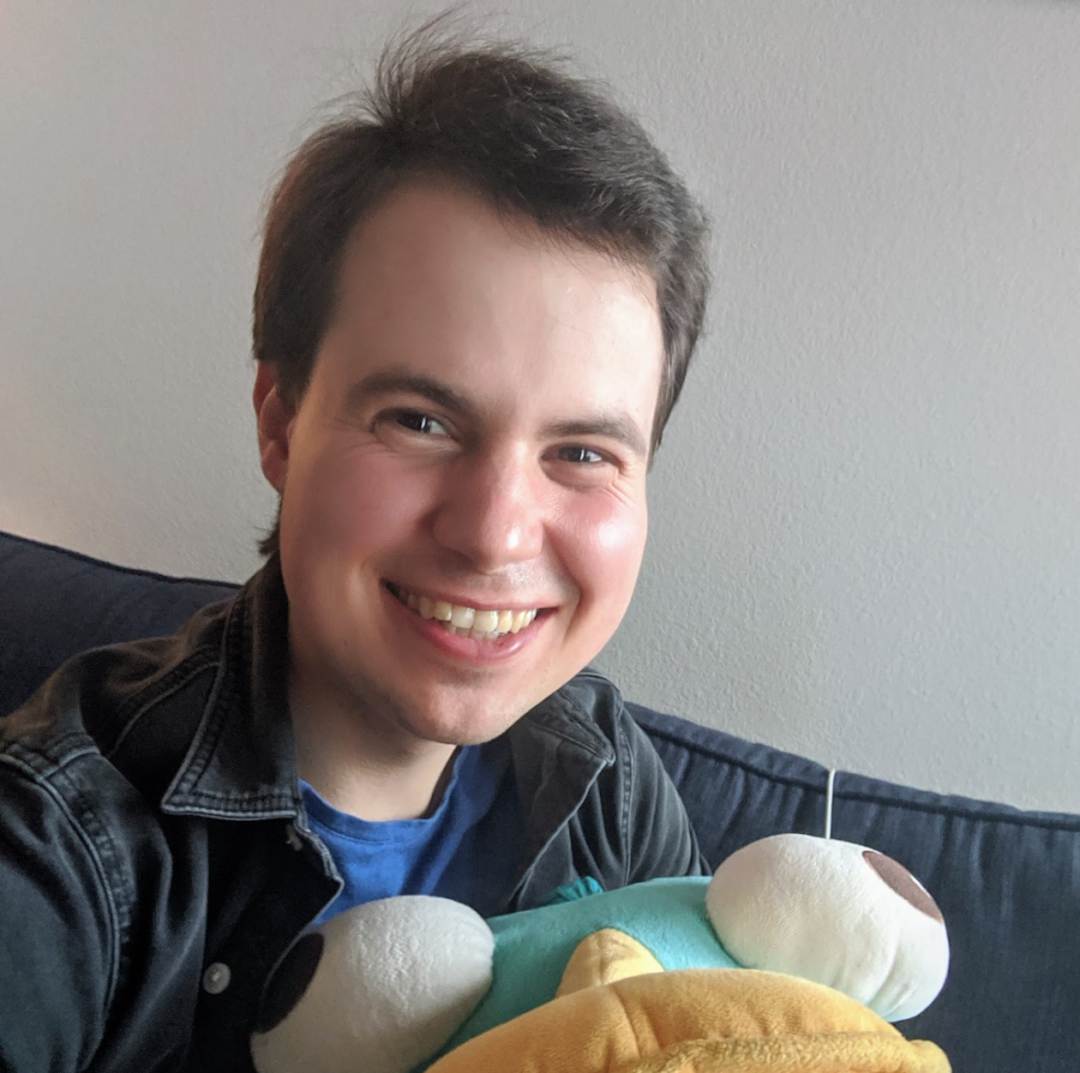
Christopher Olah
Anthropic联合创始人Chris Olah works on reverse engineering artificial neural networks into human understandable algorithms. Olah is one of the co-founders of Anthropic, an AI lab focused on the safety of large models. Previously, he led interpretability research at OpenAI, worked at Google Brain, and co-founded Distill, a scientific journal focused on outstanding communication.
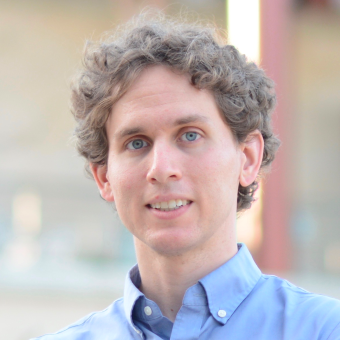
Jacob Steinhardt
加州伯克利分校助理教授Jacob Steinhardt is an Assistant Professor in the department of Statistics at UC Berkeley. His research goal is to make the conceptual advances necessary for machine learning systems to be reliable and aligned with human values. He studies robustness of ML models, reward specification and reward hacking, and techniques for scalable alignment. He consults part-time for Open Philanthropy and has previously worked at OpenAI. He is a coach for the USA Computing Olympiad and an instructor for SPARC. For more info please see his website:https://jsteinhardt.stat.berkeley.edu/.
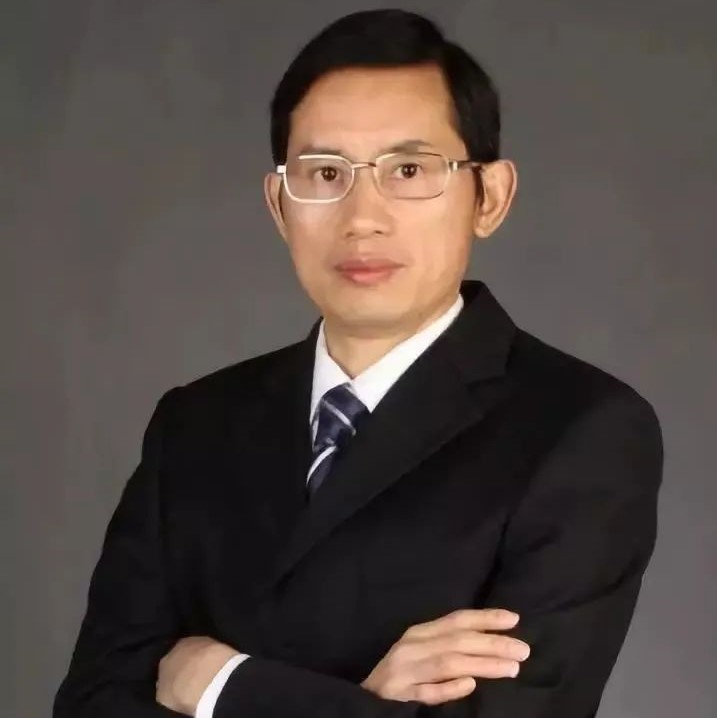
Minlie Huang
清华大学计算机科学与技术系副教授黄民烈博士,清华大学长聘副教授,国家杰青,中文信息学会自然语言生成与智能写作专委会副主任、CCF学术工作委员会主任助理,获国家自然科学基金重点项目资助。他的研究领域为自然语言处理,特别是自然语言生成、对话系统、阅读理解等。曾获得中国人工智能学会吴文俊人工智能科技进步奖一等奖(第一完成人),中文信息学会汉王青年创新奖,阿里巴巴创新合作研究奖。著有《现代自然语言生成》一书,在国际会议期刊发表论文超过100篇,多次获得国际主流会议的最佳论文或提名(IJCAI、ACL、SIGDIAL等)。研发对话系统平台ConvLab和ConvLab2,中文开放域对话预训练模型EVA、CDial-GPT等。担任顶级期刊TNNLS、TACL、CL编委,ACL 2021资深领域主席(SAC),EMNLP 2021研讨会联合主席,10余次担任ACL/EMNLP的领域主席。

Brian Christian
《算法之美》作者Brian Christian是一位获奖无数的科学作者。他的作品《算法之美》曾被评为亚马逊年度最佳科学书籍和《麻省理工科技评论》年度最佳书籍。他的新书《人机对齐》(The Alignment Problem: Machine Learning and Human Values)目前正在被翻译成中文,被微软首席执行官萨蒂亚·纳德拉评为2021年激励他的五本书之一。目前,Christian的著作已被翻译成19种语言,他曾在谷歌、脸书和微软等公司讲课。他拥有布朗大学的哲学和计算机科学本科学位,以及华盛顿大学的诗歌艺术硕士学位,同时也做过加州大学伯克利分校的访问学者。
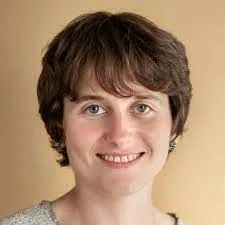
Victoria Krakovna
DeepMind研究科学家、Future of Life Institute联合创始人Victoria Krakovna is a senior research scientist at DeepMind focusing on AI alignment: ensuring that advanced AI systems do what we want them to do and don’t knowingly act against our interests. She has worked on goal misgeneralization, specification gaming, reward tampering, and measuring side effects. Her PhD thesis in statistics and machine learning at Harvard University focused on building interpretable models. Victoria gained numerous distinctions for her accomplishments in math competitions, including a silver medal at the International Mathematical Olympiad and the Elizabeth Lowell Putnam prize.
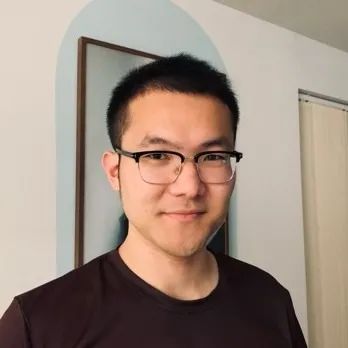
Yaodong Yang
北京大学人工智能研究院助理教授杨耀东,北京大学人工智能研究院助理教授。科研领域包括强化学习、博弈论和多智能体强化学习,相关的研究成果在国际会议和期刊上发表40余篇学术论文。他的研究工作于2020年获国际机器人学习会议CoRL最佳系统论文奖,2021年获国际多智能体系统会议AAMAS最具前瞻性论文奖(Best Blue-Sky Paper)。此外,杨耀东长期担任ICML、NeurIPS、ICLR、AAAI等会议审稿人和JMLR、IEEE TNNLS、IEEE Cybernatics等期刊受邀审稿人。在加入北京大学以前,他曾任英国国王大学(King’s College London)信息学院(长聘)助理教授,在加入KCL以前,他就职于华为英国研究所,任主任研究员,带领团队从事多智能体系统相关研究,在加入华为之前,杨耀东就职于美国国际集团(AIG), 任科学部高级研发经理,带领团队开发人工智能在金融保险领域的相关应用。 杨耀东于中国科学技术大学获得学士学位,英国帝国理工大学获得硕士学位,英国伦敦大学学院获得博士学位。
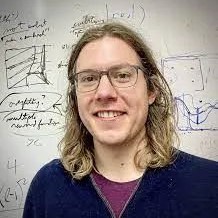
David Krueger
剑桥大学助理教授David is an Assistant Professor at the University of Cambridge. He is a member of Cambridge's Computational and Biological Learning lab (CBL), where he leads a research group focused on Deep Learning and AI Alignment. David’s current research interests include: 1) formalizing and testing AI Alignment concerns and approaches, especially to do with learning reward functions, 2) understanding Deep Learning, and 3) techniques for aligning foundation models. His previous research has spanned many areas of Deep Learning, including generative modeling, Bayesian Deep Learning, empirical theory, and robustness. He is also a CSER research affiliate, and previously studied at Mila / University of Montreal, and Reed College; interned at the Future of Humanity Institute, DeepMind, and ElementAI; and worked as a contract writer for the Partnership on AI, and a career counselor for 80,000 Hours.

Samuel Bowman
纽约大学助理教授Sam Bowman is an associate professor at NYU and a member of technical staff at Anthropic. At NYU, he is a member of the Center for Data Science, the Department of Linguistics, and the Courant Institute's Department of Computer Science. His research focuses primarily on developing techniques and datasets for use in controlling and evaluating large language models, and additionally on applications of machine learning to scientific questions in linguistic syntax and semantics. He is the senior organizer behind the GLUE and SuperGLUE benchmark competitions and his work has been funded by the US NSF (including through a CAREER award), Google, Apple, and Samsung, among others.
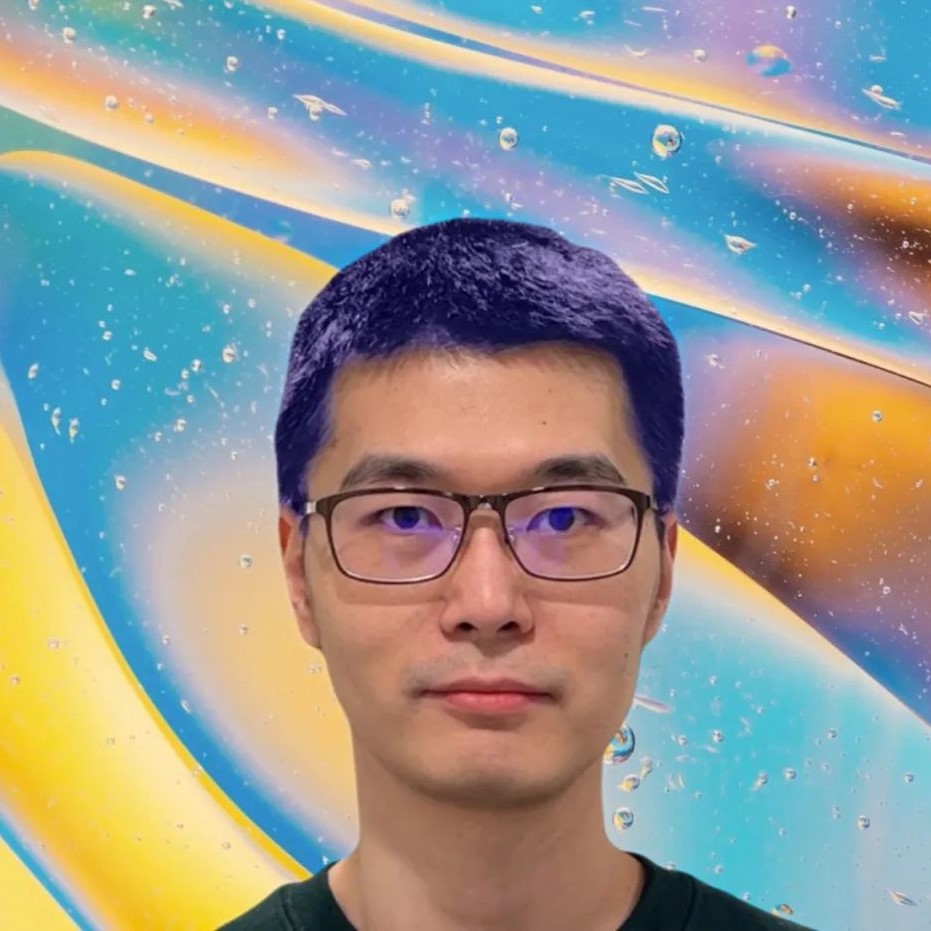
Jie Fu
智源研究院研究员付杰博士毕业于新加坡国立大学(导师Tat-Seng Chua),在加拿大Mila从事博士后研究(导师Yoshua Bengio,Chris Pal),研究方向为深度学习,获得ICLR 2021杰出论文奖。近期工作包括:中文通用开源指令数据集COIG,音乐大模型MERT。
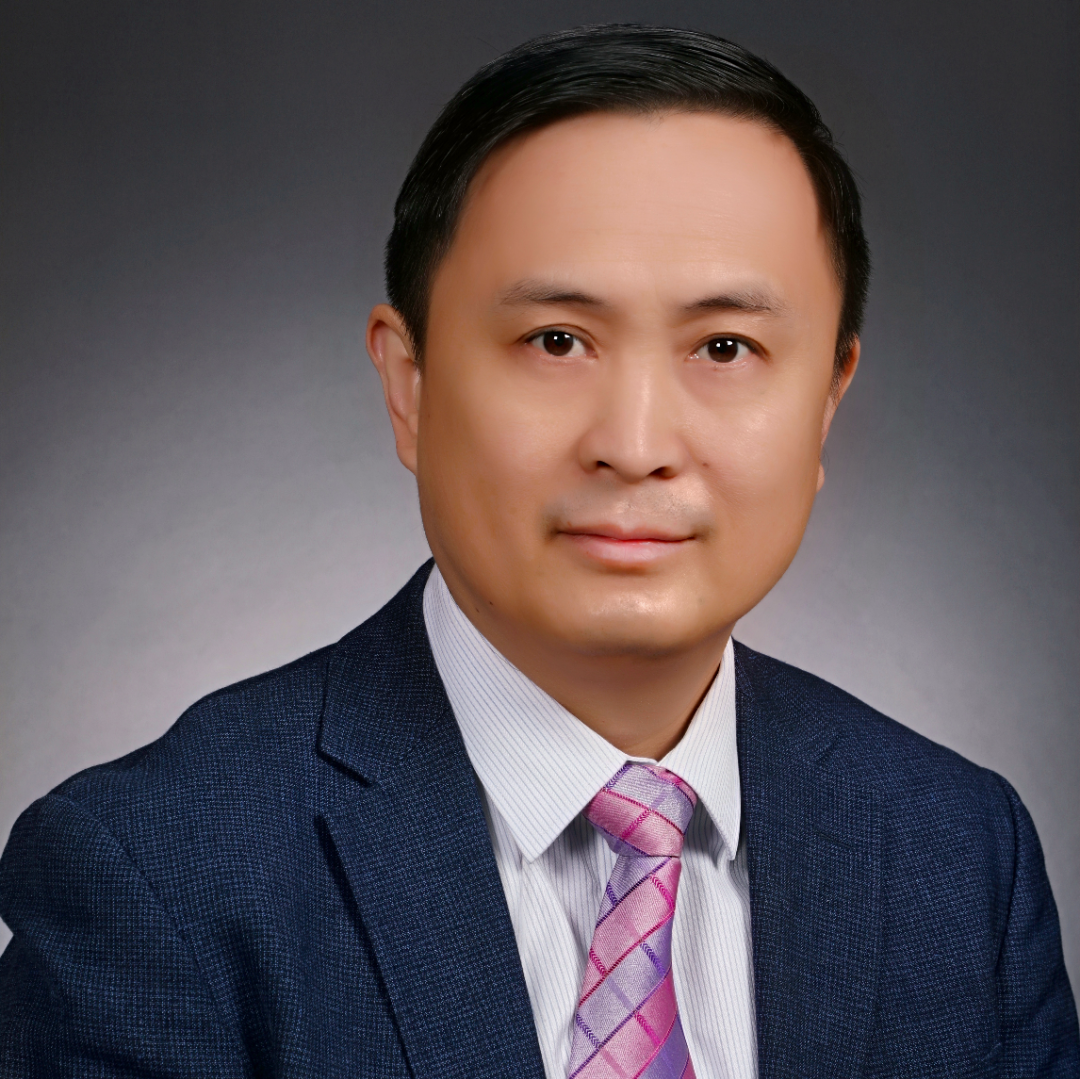
Dongsheng Liu
清华大学化学系教育部长江学者特聘教授、博士生导师中国化学会会士、英国皇家化学会会士;入选创新人才推进计划中青年科技创新领军人才计划,中组部“万人计划”领军人才,获得过“第一届中国化学会~英国皇家化学会青年化学奖”,“第七届中国化学会巴斯夫青年知识创新奖”。担任了基金委“杰出青年基金”、重点项目、创新群体项目负责人,科技部重大基础研究专项项目(973项目)首席科学家。现任《Polymer》、《高分子学报》、《高等学校化学学报》副主编,中国化学会高分子学科委员会秘书长。主要从事核酸合成与修饰,核酸超分子材料方面的研究。
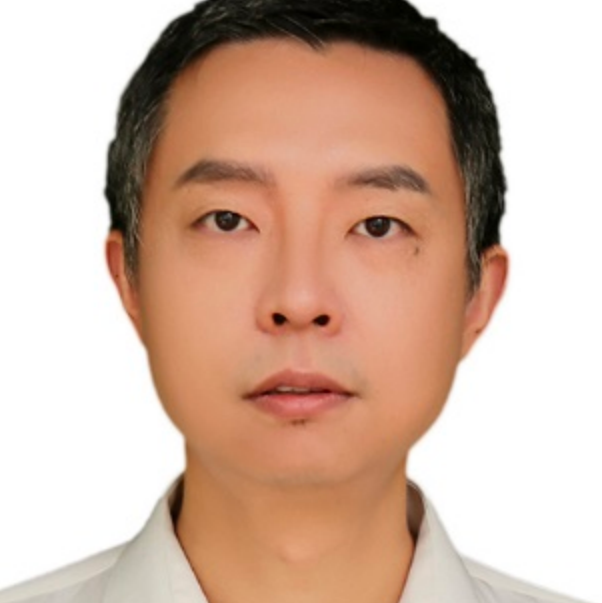
Jinyao Tang
香港大学化学系副教授唐晋尧教授2003年本科毕业于中国科技大学,2008年在美国哥伦比亚大学获得博士学位。在美国加州大学伯克利分校从事博士后研究后,于2012年加入香港大学化学系,现任副教授。唐晋尧教授课题组主要从事活性软物质体系研究,包括微纳米机器人,光化学驱动和物质表面电动力学发展,相关成果发表在Science、Nature、Nature Nano.、Advance Materials、Nano Letter、Angew.Chem.EdInt、J.Am.Chem.Soc.、等国际一流期刊上,并获得香港杰出青年学者奖、研资局研究学者奖,裘槎优秀科研者奖等奖项。
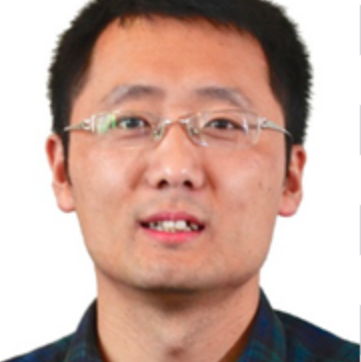
Xin Huang
哈尔滨工业大学化工与化学学院教授/博导2009年于吉林大学高分子化学与物理专业获得博士学位。2009-2014年分别在澳大利亚新南威尔士大学,德国莱布尼茨高分子研究所和英国布里斯托大学从事博士后研究工作。近年来主要围绕生命功能仿生组装,建立了蛋白质囊泡体系并拓展了其在人工仿生细胞、生命健康、绿色生物能源等领域应用。累计在Chem, Nat. Communn., Angew., JACS等发表SCI论文90余篇。曾获洪堡学者、欧盟玛丽居里学者、国家高层次海外青年人才和英国皇家化学会会士等荣誉称号。现担任《Sci China Tech Sci》青年编委,《Journal of Macromolecular Science, Part A》编辑等。
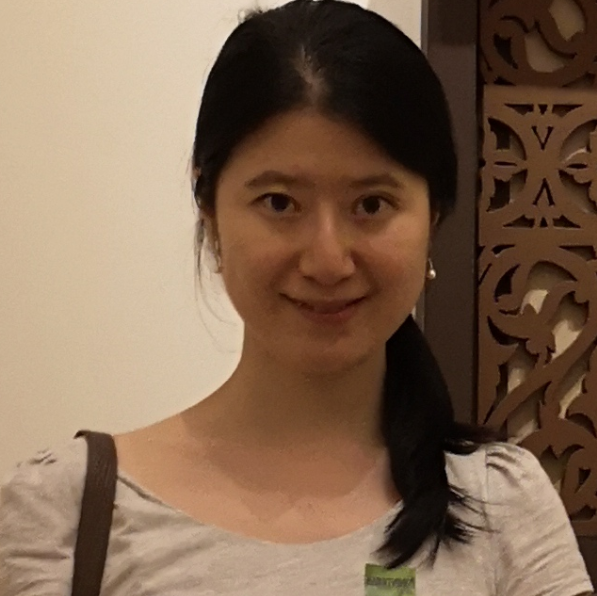
Zhuojun Dai
中国科学院深圳先进技术研究院研究员本科毕业于浙江大学,于香港中文大学化学系吴奇教授实验室取得博士学位后,在美国杜克大学游凌冲教授实验室从事博士后研究。研究受到了国家自然科学基金优秀青年,国家重点研发,中国科学院人才计划,广东省杰出青年基金等项目的支持。实验室主要方向包括:基于工程细菌及工程菌群的组装方法开发,多酶体系及材料构建,无细胞重组系统及天然产物合成。
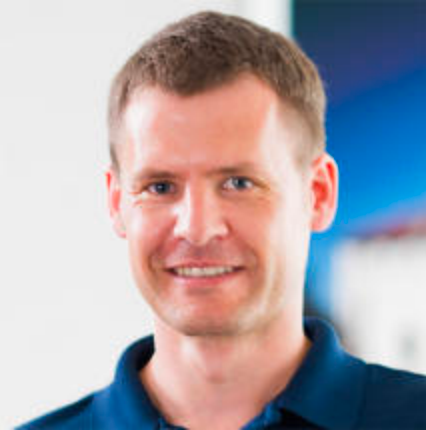
Wolfram Pernice
德国明斯特大学教授Wolfram Pernice received the Dipl. Ing. degree in Microsystems Technology from the University of Freiburg in 2004 and a PhD in Electrical Engineering from the University of Oxford in 2007. After postdoctoral training at Yale University, he joined the Karlsruhe Institute of Technology (KIT) in 2011 as an Emmy-Noether research group leader in 2011. From 2015 to 2021 he was a full professor of physics at the University of Münster. In 2021 joined Heidelberg University as a full professor and Ordinarius at the Kirchhoff-Institute for Physics. He received an ERC Consolidator Grant in 2016, was a member of the Junge Akademie der Berlin-Brandenburgischen Akademie der Wissenschaften und der Leopoldina and is a fellow of the Marsilius-Kolleg, as well as co-speaker of the collaborative research center “Intelligent matter”. He is co-founder of the photonic computing startup Salience Labs and the quantum technology startup Pixel Photonics. His research interests cover neuromorphic photonics, quantum photonics, single photon detection, as well as computational electrodynamics and on-chip non-linear optics.

Albert Cohen
Research Scientist,GoogleAlbert Cohen is a research scientist at Google. An alumnus of École Normale Supérieure de Lyon and the University of Versailles, he has been a research scientist at Inria from 2000 to 2018, a visiting scholar at the University of Illinois, an invited professor at Philips Research, and a visiting scientist at Facebook Artificial Intelligence Research. Albert works on parallelizing, optimizing and machine learning compilers, and on dataflow and synchronous programming languages, with applications to high-performance computing, artificial intelligence and reactive control.
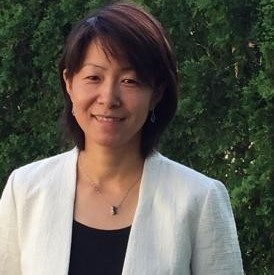
Peng Wu
Engineering Manager, PyTorch, MetaDr. Peng Wu is the engineering manager of the PyTorch Compiler team at Meta. She considered herself to have explored “widely” in the compilers and programming systems domain. Dr. Wu spent over a decade at IBM on a broad research portfolio ranging from accelerating dynamic languages to unleashing the power of novel hardware. She then founded the Programming Technologies Lab at Huawei and led its growth for five years. At Meta, she supported the team’s search for proper compiler solutions for PyTorch over the last three years. This effort resulted in a step-function change in PyTorch’s approach to execution efficiency, which led to the recent release of PyTorch 2.0 in March.

Michael Gschwind
Director,Meta PlatformsMichael Gschwind leads AI Acceleration at Meta Platforms. Prior to joining Meta, he was VP and Chief Architect of Accelerators and AI at Huawei and Chief Engineer for AI at IBM where he created and led IBM’s first AI hardware and software products. Michael Gschwind is a recognized leader in high-performance computing, inventor of general-purpose programmable accelerators first released with Cell, and chief architect of three TOP500 #1 world’s fastest supercomputers. Michael has been recognized as IEEE Fellow and is one of the most prolific innovators in history as co-inventor of over 800 patents.

Jun Gong
ML Tech Lead, AnyscaleJun is the tech lead of the ML team at Anyscale Inc, the company behind popular open source framework Ray. He leads Anyscale's research and development work in Deep Learning, Reinforcement Learning, and Generative AI technilogies. Before Anyscale, Jun is a scilicone valley veteran with a decorated career at companies like Google and Meta. He is also a co-author of a Nature publication on controlling high-altitude balloons using Reinforcement Learning.
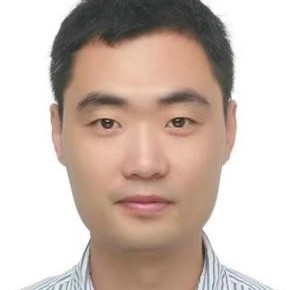
Tongxin Bai
智源研究院AI编译器负责人白童心,智源研究院AI编译器负责人。目前研究兴趣:深度学习编译器与深度学习框架,曾就职于百度PaddlePaddle、西门子中国研究院、中科院深圳先进技术研究院、H2O.ai、Teradata,罗切斯特大学计算机科学博士。
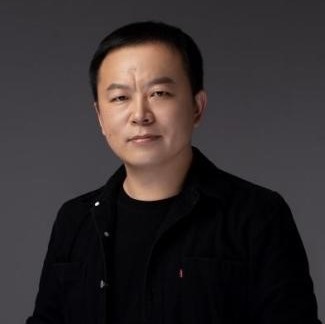
Junjie Lai
NVIDIA 高级总监赖俊杰博士,现任NVIDIA工程和解决方案高级总监,主要负责带领团队对接中国区核心大客户的技术需求,以及开发相应的行业解决方案,定制软件产品等。赖博士本科和硕士就读于清华大学电子工程系,并于法国国家计算机与自动化研究所获得博士学位。博士期间的主要的研究方向包括GPU架构研究,及GPU性能分析模型。赖博士专注在高性能计算、并行计算、人工智能及互联网行业应用。在并行程序的性能分析,及性能优化领域有丰富的经验。
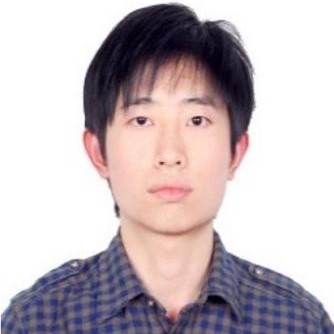
Qi Guo
中国科学院计算技术研究所研究员郭崎,中科院计算所研究员、博导,长期从事计算机体系结构及人工智能相关研究。在相关领域顶级会议及期刊上共发表论文70余篇,申请(授权)专利百余项。入选国家级青年拔尖人才、中科院青年科学家奖、中科院青促会优秀会员等。曾获得国家自然科学二等奖、中科院杰出科技成就奖等。

Yan Tian
智源研究院AI系统平台研发负责人田燕,智源研究院AI系统平台研发负责人。负责AI系统与平台软件研发相关工作。拥有多年Linux操作系统、分布式计算与存储、人工智能平台等基础设施相关领域的研发与团队管理经验。曾任百度技术经理、快手机器学习平台负责人以及平台架构团队负责人,主导了快手机器学习平台从零开始到统一支撑公司多业务线的建设,并负责分布式存储、网络产品研发、操作系统等多个技术团队。
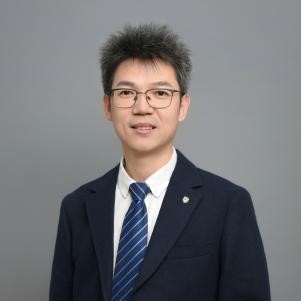
Yunfan Ding
壁仞科技系统架构副总裁丁云帆,现任壁仞科技系统架构副总裁,负责AI软件架构相关工作。曾担任百度主任系统架构师,获得过百度技术最高奖和中国国家专利优秀奖。参与主导AI加速基础架构国际标准OAI & OAM。业界首创利用GPU架构解决广告推荐场景10TB级稀疏模型训练挑战,相关成果发表在机器学习与系统领域顶会MLSys上,该工作目前引领了互联网广告推荐领域训练框架技术发展趋势。

Hang Luo
昆仑芯研发总监中国科学技术大学硕士,原百度资深架构师,拥有十余年互联网产品技术研发和管理经验。现任昆仑芯研发总监,目前负责AI解决方案研发和商业化落地,致力于通过安全可靠的高性能AI芯片和解决方案,为各行各业的数字化、智能化产业变革贡献力量。AI芯片解决方案经验丰富,曾多次参与AI芯片国家技术标准制定并出席行业技术峰会。
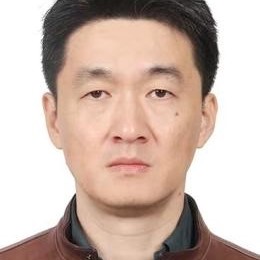
Jing Li
中国电信股份有限公司北京分公司云中台部总经理李京,中国电信股份有限公司北京分公司云中台部总经理。在运营商体系扎根20年,长期专注于云计算相关产品创新和技术创新工作,带领团队成功孵化多款亿级规模产品,赋能企业客户信息化转型升级。
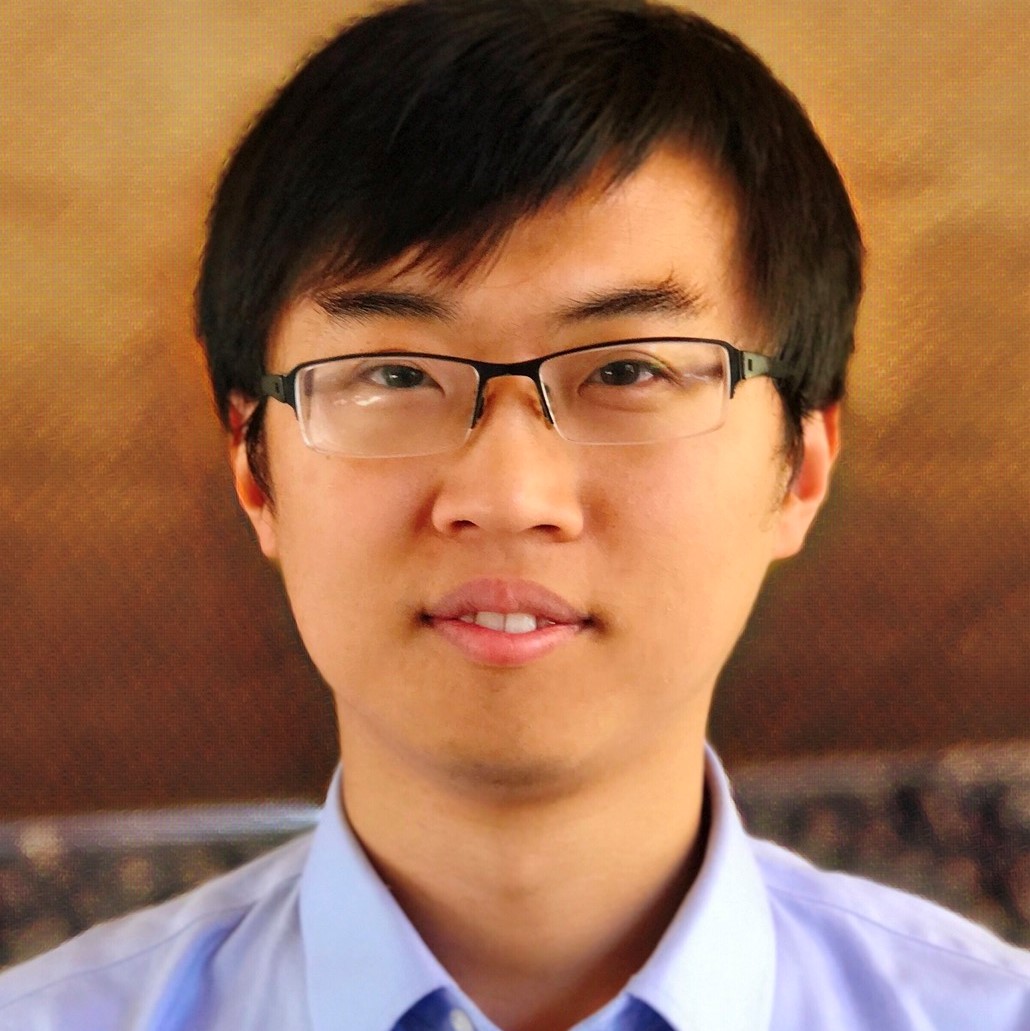
Su Hao
assistant professor at UCSDSu Hao is an assistant professor in the Department of Computer Science and Engineering at UCSD, and is currently the director of UCSD's Embodied Intelligence Laboratory. He works on algorithms for modeling, understanding, and interacting with the physical world. He has served as the field chair or associate editor or above in the top conferences or top journals in the fields of computer vision, graphics, machine learning and robotics. Su Hao received Ph.D. degrees in computer science and applied mathematics from Stanford University and Beijing University of Aeronautics and Astronautics respectively, and was nominated for the best doctoral dissertation by the American Computer Graphics Association. As of 2023, his papers have been cited nearly 80,000 times. He participated in the development of ImageNet, a large-scale image dataset, which catalyzed the explosion of artificial intelligence technology in recent years. He led the development of ShapeNet and PointNet, which laid the foundation for the direction of 3D deep learning. In the past three years, he has focused on the research and development of the next-generation artificial intelligence system with embodied intelligence as the core, and presided over the research on the basic platform of embodied intelligence and the 3D large model for embodied intelligence.
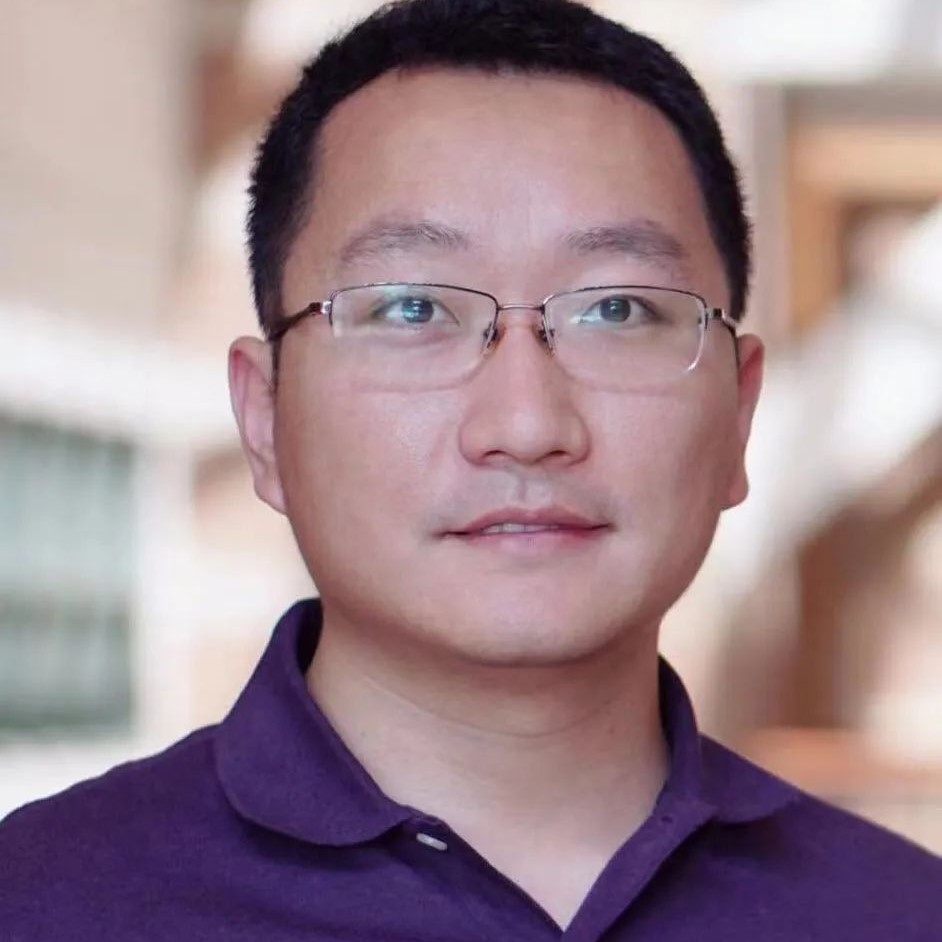
Wei Yunchao
北京交通大学教授、博导曾在新加坡国立大学、美国伊利诺伊大学厄巴纳-香槟分校、悉尼科技大学从事研究工作。入选MIT TR35 China,百度全球高潜力华人青年学者、《澳大利亚人》TOP 40 Rising Star,国家重点研发计划青年科学家项目负责人,曾获教育部高等学校自然科学奖一等奖、中国图象图形学学会科技技术奖一等奖、计算机视觉世界杯ImageNet目标检测冠军及多项CVPR竞赛冠军,发表TPAMI、CVPR顶级期刊/会议论文100多篇,Google引用15000多次。主要研究方向包括面向非完美数据的视觉感知和多模态数据分析等。
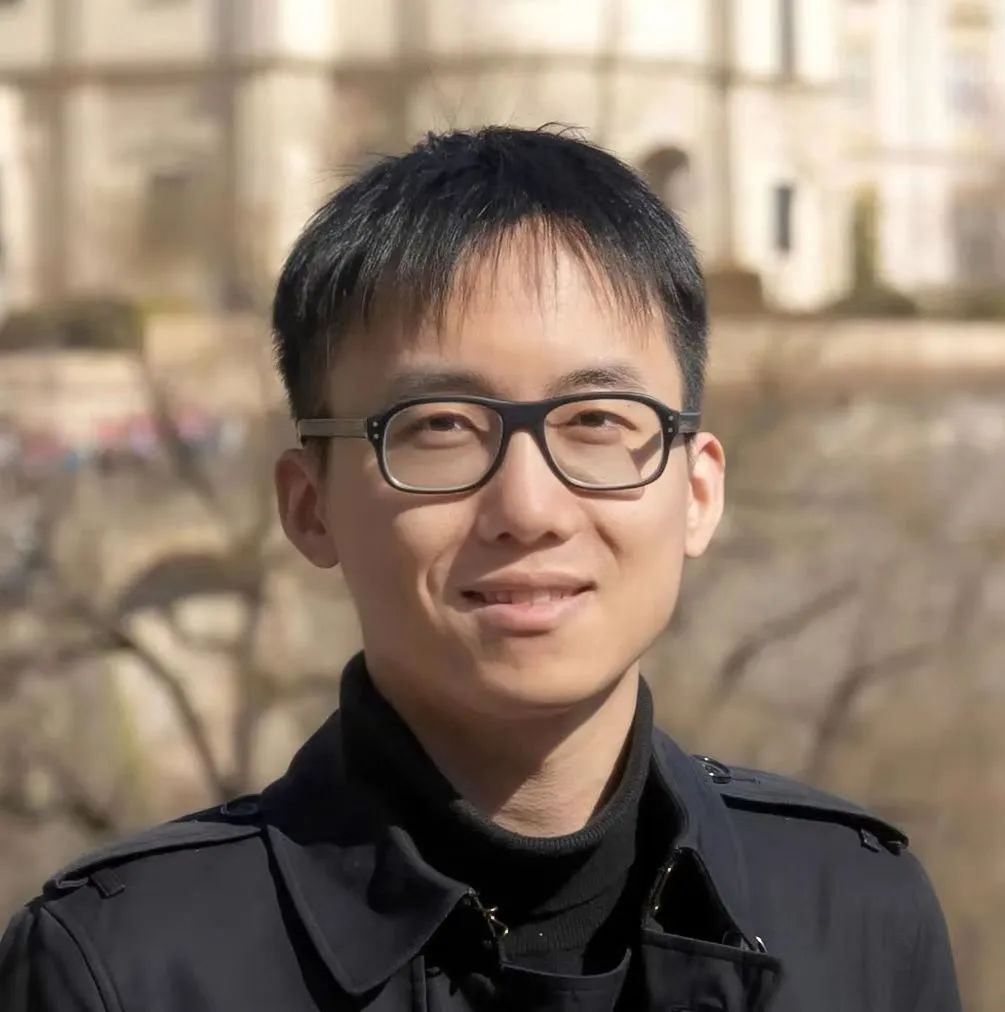
Pan Xingang
南洋理工大学计算机科学与工程系助理教授隶属于MMLab-NTU和S-Lab。他的研究方向是生成式人工智能与神经渲染,主要工作包括DragGAN,Deep Generative Prior,GAN2Shape等。加入南洋理工大学前,他曾马克斯普朗克计算机科学研究所Christian Theobalt教授组从事博士后研究。他在香港中文大学MMLAB获得博士学位,师从汤晓鸥教授,并在清华大学获得学士学位。
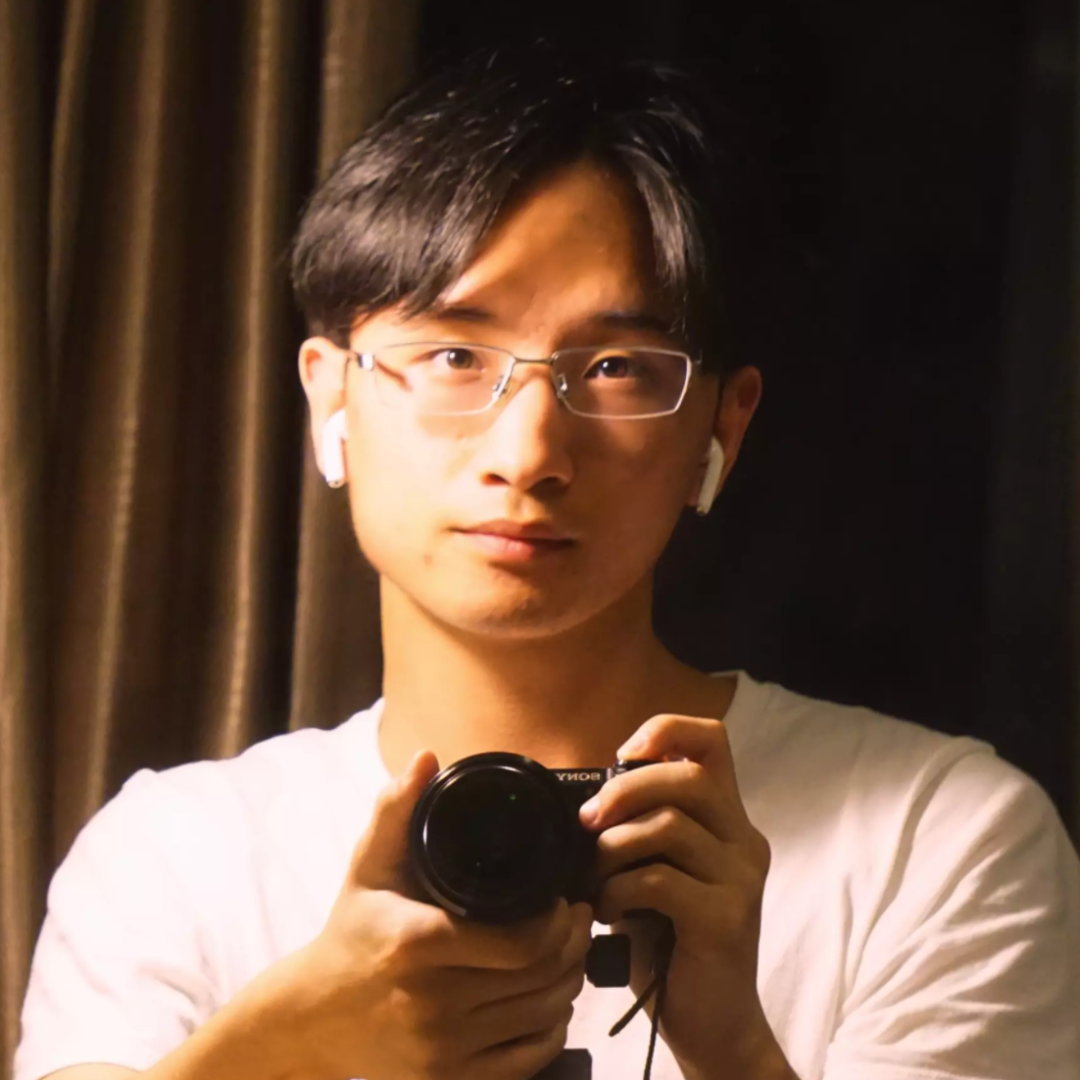
Gao Jun
英伟达研究科学家高俊是多伦多大学PhD, 以及NVIDIA的research scientist。他的研究方向是三维计算机视觉以及图形学,主要关注机器学习在large-scale 3D内容生成方向上的应用。他的代表工作包括GET3D,Magic3D,DefTet等,其中很多被集成于NVIDIA的产品,包括NVIDIA Picasso, GANVerse3D, Neural DriveSim 以及 Toronto Annotation Suite。他即将担任2023年NeurIPS领域主席。
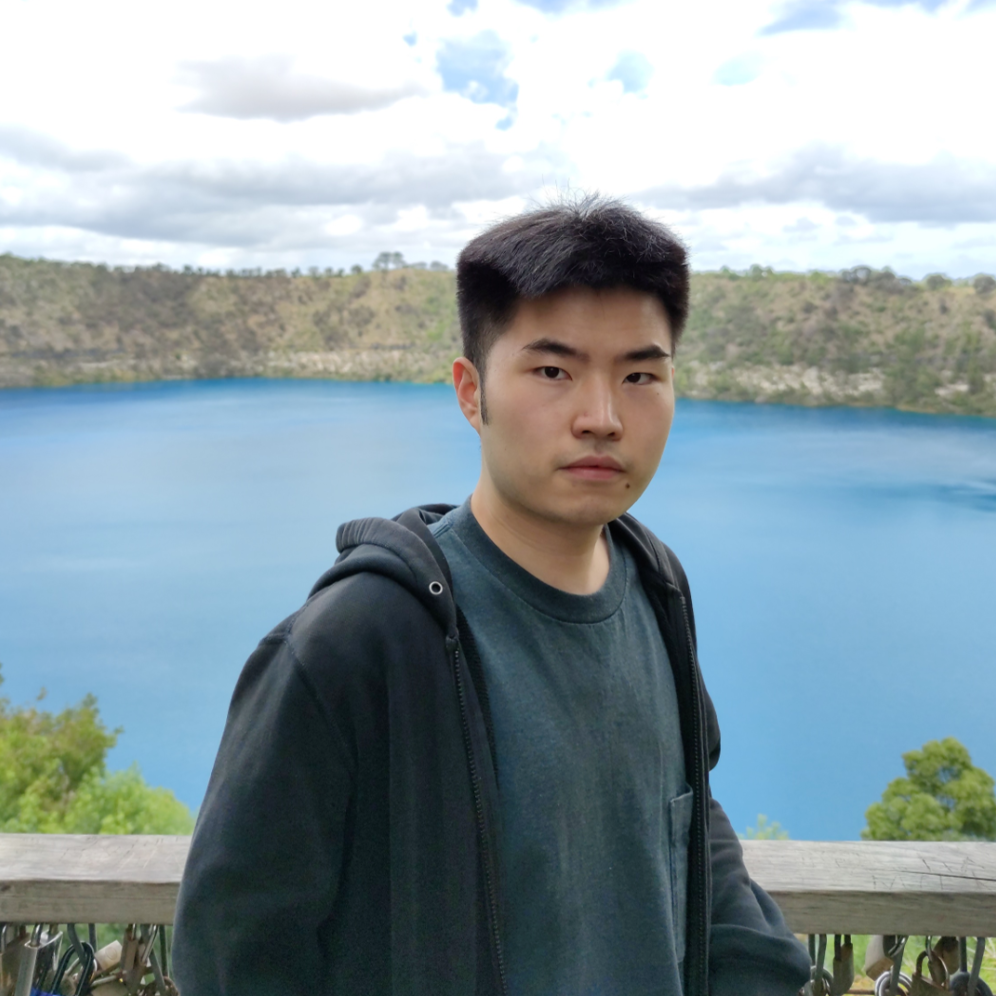
Wang Xinlong
智源研究院研究员王鑫龙,智源研究院视觉模型研究中心研究员,博士毕业于澳大利亚阿德莱德大学,研究领域为计算机视觉和基础模型,近年研究工作包括SOLO、SOLOv2、DenseCL、EVA、Painter和SegGPT等。获得奖项包括Google PhD Fellowship、国家优秀自费留学生奖学金、阿德莱德大学Doctoral Research Medal等。
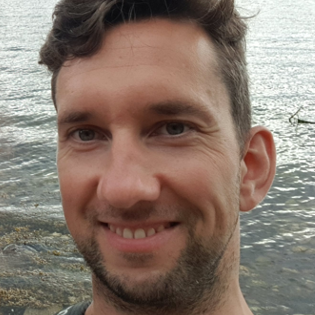
Karsten Kreis
英伟达研究科学家Karsten Kreis is a senior research scientist at NVIDIA’s Toronto AI Lab. Prior to joining NVIDIA, he worked on deep generative modeling at D-Wave Systems and co-founded Variational AI, a startup utilizing generative models for drug discovery. Before switching to deep learning, Karsten did his M.Sc. in quantum information theory at the Max Planck Institute for the Science of Light and his Ph.D. in computational and statistical physics at the Max Planck Institute for Polymer Research. Currently, Karsten’s research focuses on developing novel generative learning methods, primarily diffusion models, and on applying deep generative models on problems in areas such as computer vision, graphics and digital artistry, as well as in the natural sciences.

Ling Huan
英伟达研究科学家凌欢是Nvidia Toronto AI Lab的人工智能科学家,多伦多大学PhD,和多伦多Vector Institute成员。博士期间凌欢师从Sanja Fidler教授,发表顶会共10余篇并拥有多项相关专利。他的研究方向主攻大规模图像视屏生成模型,和生成模型在计算机视觉领域的应用。他的代表作包括PolyRNN++, DatasetGAN, EditGAN以及近期的Align Your Latents: VideoLDM.
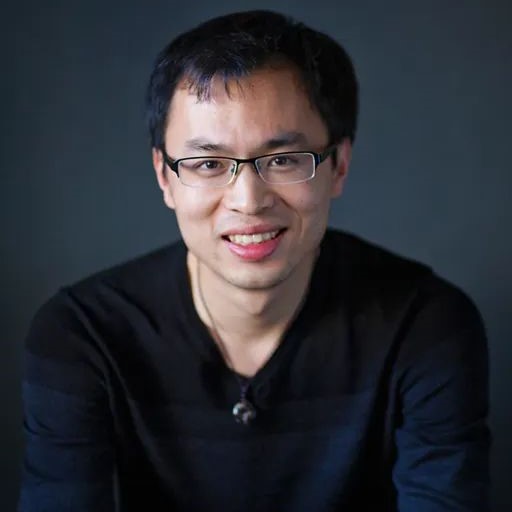
Xia Wei
摩尔线程研发副总裁新加坡国立大学博士,曾在松下新加坡研究院和欧洲Lund大学访问研究,先后在国际期刊和会议发表30多篇论文,有30多项美国专利,并多次获得Pascal VOC,Imagenet挑战赛的冠亚军。曾在硅谷参与创立人工智能公司Orbeus,推出Rekognition智能识别平台和美国市场第一款智能相册PhotoTime。后公司被亚马逊收购,在AWS AI担任首席科学家(Principal Scientist),负责AWS人工智能云服务Rekognition/Textract等产品的研发工作。在AWS期间和团队共同开创了机器学习模型兼容性的新研究领域。
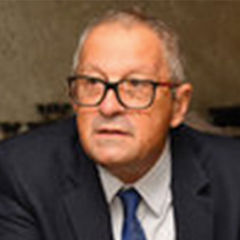
Joseph Sifakis
Laureate of the 2007 Turing AwardIn 2007, he received the Turing Award for his contribution to the theory and application of model checking, the most widely used system verification technique today.Joseph Sifakis is a member of the French Academy of Sciences, a member of the French National Academy of Engineering, a member of Academia Europea, a member of the American Academy of Arts and Sciences, a member of the National Academy of Engineering and a member of the Chinese Academy of Sciences.
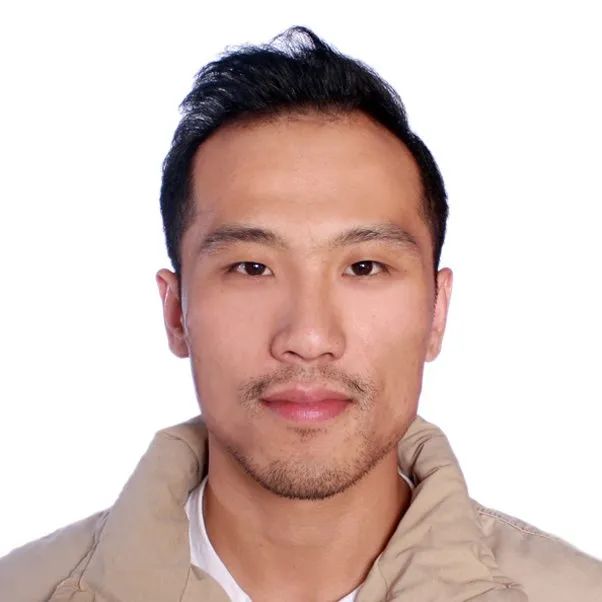
Lu Zongqing
北京大学助理教授、智源学者北京大学计算机学院助理教授、博雅青年学者,国家海外高层次青年人才,北京智源人工智能研究院多模态交互研究中心负责人。主要研究强化学习以及开放世界通用智能体。
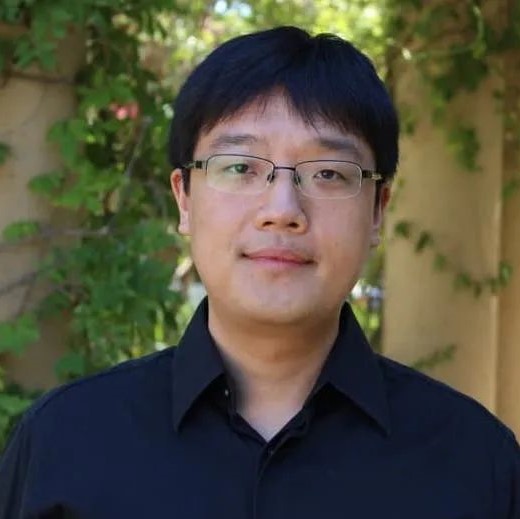
Sui Yanan
清华大学副教授眭亚楠(YananSui.com),清华大学副教授,致力于机器学习、神经交互、和机器人技术研究。分别于清华大学获得学士学位,美国加州理工学院获得博士学位,并在加州理工学院和斯坦福大学从事博士后工作。研究成果作为独立专题写入斯坦福大学等高校教科书Algorithms for Optimization,曾获2020年机器人与自动化国际会议ICRA最佳论文奖,并在中国和美国应用于神经损伤疾病的临床治疗。多次担任人工智能重要国际会议(AAAI, AISTATS, ICLR, NeurIPS等)领域主席。因在人工智能与神经工程交叉领域的贡献入选麻省理工科技评论“35岁以下科技创新35人”中国区榜单。
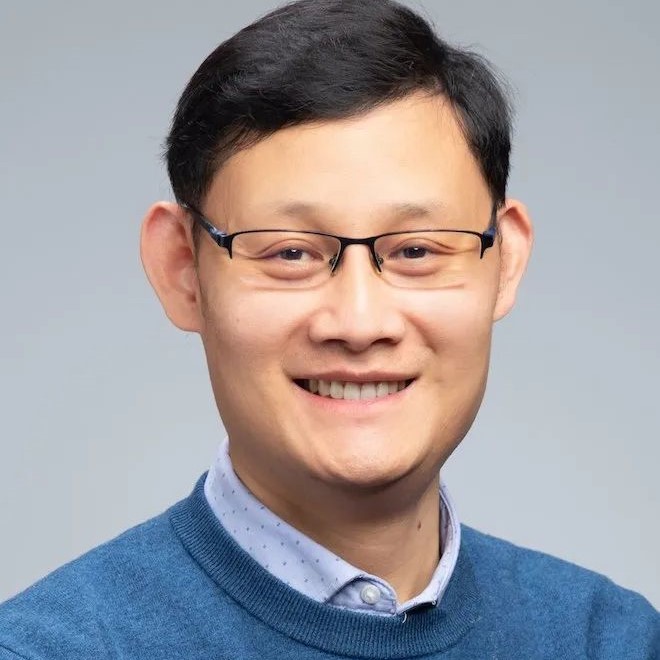
Jiang Shuqiang
中科院计算所研究员现任中科院计算所研究员,博士生导师,中科院特聘研究员,中国科学院大学岗位教授,国家杰出青年科学基金获得者;先后主持承担科技创新2030-“新一代人工智能”重大项目、国家自然科学基金等项目20余项,任IEEE与CCF高级会员,ACM会员,国际期刊ACM ToMM编委,ACM SIGMM中国分会副主席、CCF多媒体专委会秘书长、CCF专委工委委员、IEEE CASS北京分会副主席。主要研究方向是多媒体内容分析、多模态智能与食品计算,在IEEE/ACM Transactions和CCF-A类会议上发表论文70余篇,获授权专利10余项,研发的成果应用或转移到多个企事业单位;先后获中国计算机学会科学技术奖、中国科学院青年科学家国际合作奖、CSIG自然科学二等奖、吴文俊人工智能自然科学一等奖、北京市科技进步二等奖。
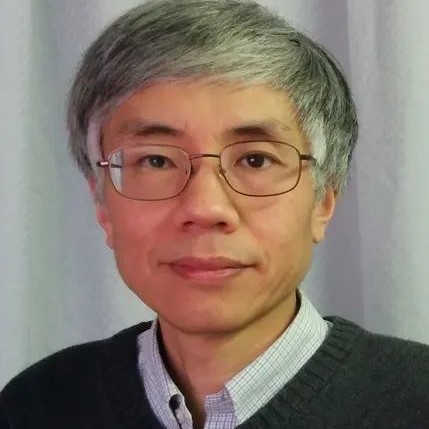
Qian Ning
哥伦比亚大学副教授associate professor in the Department of Neuroscience and Zuckerman Institute at Columbia University. My research focuses on neural mechanisms of visual perception and visuomotor transformation.
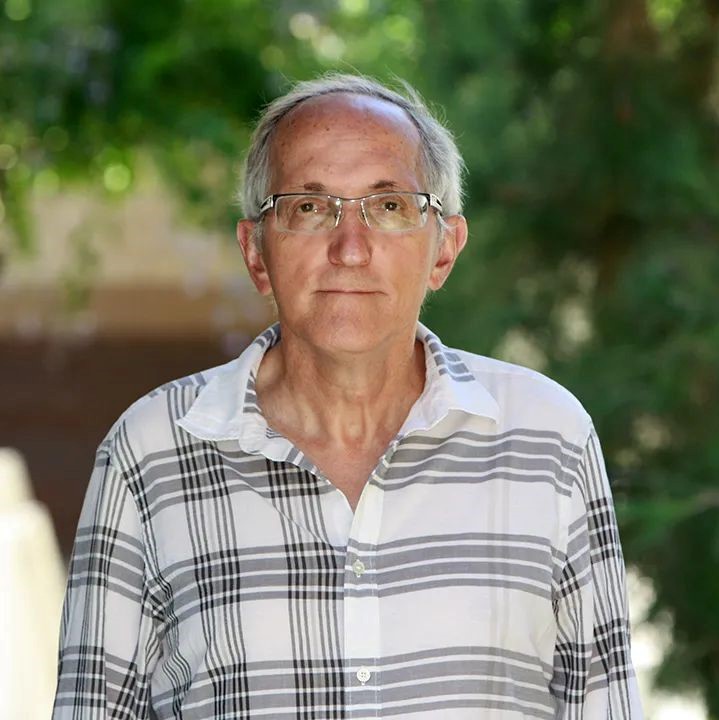
Zygmunt Pizlo
加州大学尔湾分校教授Zygmunt Pizlo is Professor and Falmagne Endowed Chair in Mathematical Psychology in the Department of Cognitive Sciences, University of California at Irvine. He is the author of 3D Shape: Its Unique Place in Visual Perception (2008) and co-author of Making a Machine That Sees Like Us (2014).
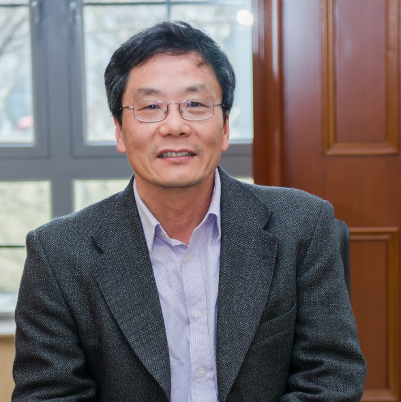
Feng Jianfeng
复旦大学类脑智能科学与技术研究院院长冯建峰,长江学者特聘教授,现任上海数学中心首席教授、复旦大学类脑人工智能科学与技术研究院院长、复旦大学大数据学院院长、上海脑科学与类脑研究中心副主任。主要研究兴趣是发展AI算法和理论并用于解决神经科学和脑疾病中的关键问题。共发表三百多篇文章,其中多篇研究成果发表在 Nature Medicine,Nature Human Behaviour,Nature Aging, Nature Mental Health,PRL,IEEE TPAMI等杂志上。 他实现了全球首个由八百六十亿脉冲神经元构成的数字孪生脑的计算机仿真。2011 年获英国皇家学会沃夫森研究功勋奖, 2019 年在剑桥大学做 Paykel Lecture 年度冠名讲座。
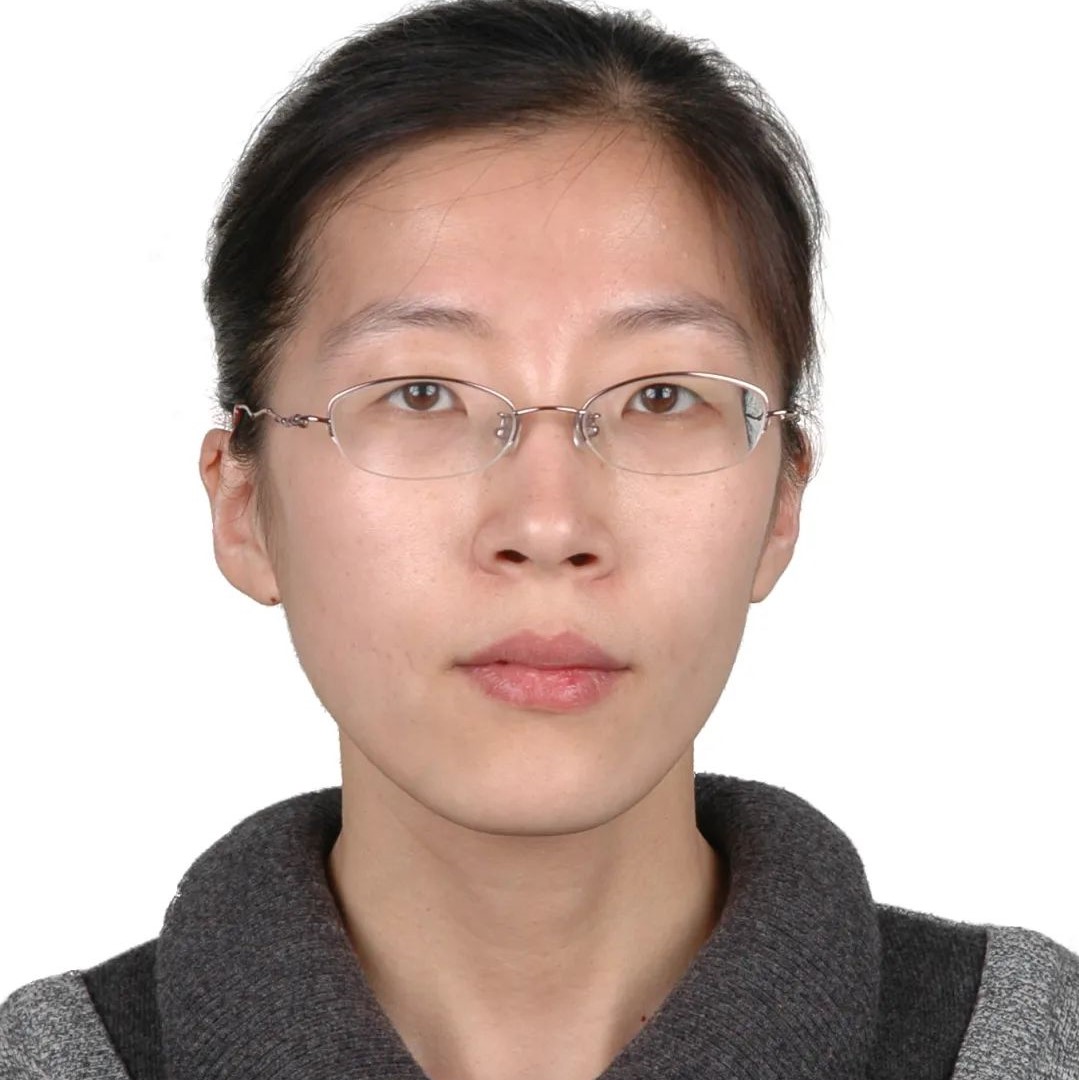
Liu Jing
中科院自动化所研究员中科院自动化所研究员/博导,中国科学院大学岗位教授,国家优青获得者。研究方向多模态分析与理解,紫东太初大模型。曾获中国电子学会自然科学一等奖,图像图形学会科学技术二等奖,2022年世界人工智能大会“卓越人工智能引领者奖SAIL”。承担或参与多项国家自然科学基金项目、国家973课题、国家基金重大研究计划、国家重点研发等。已发表高水平学术论文150余篇,谷歌学术引用11000+次,SCI他引次数4000+次,其中有三篇被ESI列为Top1%高被引论文。在视觉计算相关领域的多项国际学术竞赛中荣获冠军10+项。
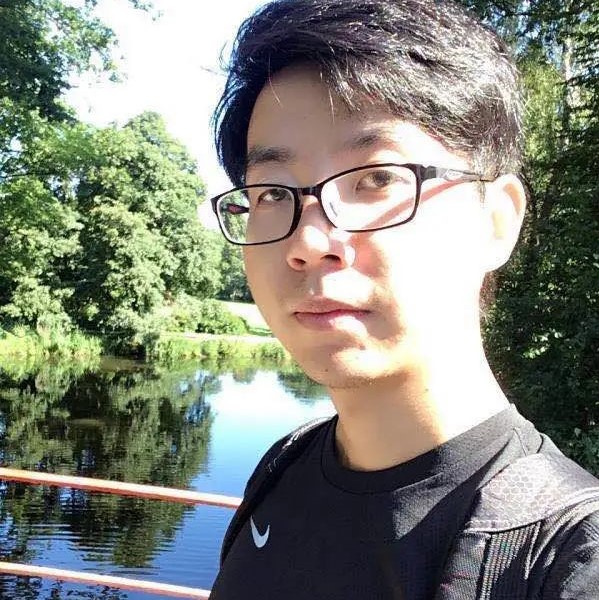
Liu Pengfei
上海交通大学清源研究院副教授上海交通大学清源研究院副教授,生成式人工智能研究组(GAIR)负责人,专注于自然语言的预训、生成和评估等研究方向;在自然语言处理和人工智能领域发表学术论文 60 余篇。谷歌学术引用 6800 余次。ACL会议史上首次实现连续两年获得System & Demo Paper Award;提示工程(Prompt Engineering)概念最早提出者之一。代表作包括:ExplainaBoard, 高考英语AI, LIMA等工作。
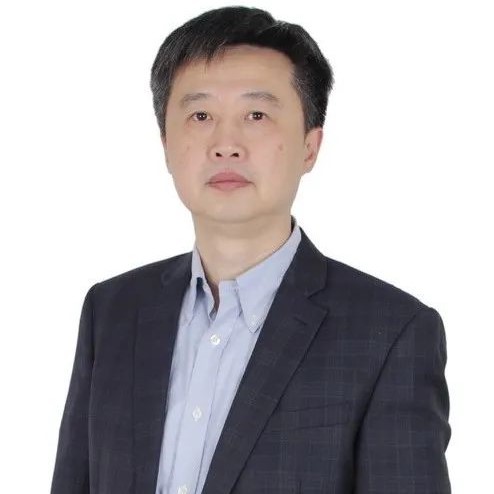
Yang Xuan
Linux基金会亚太区副总裁杨轩,Linux基金会亚太区副总裁,主要负责人工智能、开源安全、边缘计算以及开源人才发展等领域的生态发展。在软件行业拥有超过20年的经验,曾在多家大型国际软件企业和组织担任中国区首席代表, 在企业管理软件、应用开发、企业数字化转型实践、以及开源社区运营和治理等方面有丰富的经验。
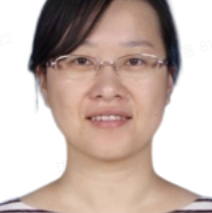
Yang Xi
北京智源人工智能研究院技术平台智能评测组负责人杨熙,北京智源人工智能研究院技术平台智能评测组负责人。北京大学博士,中科院计算所博士后。FlagEval核心贡献者,主要研究多领域、多维度的基础模型评测方法及工具。

Huang JingYa
HuggingFace机器学习工程师黄靖雅是一名机器学习工程师,是Transformers开源库的扩展库Optimum的主要开发者及维护者。她在HugginFace负责模型加速训练和高效部署, 以及HumatchggingFace开源生态系统与新兴AI加速器的集成。自加入HugginFace,她领导了HuggingFace和微软ONNX Runtime团队的深度学习模型优化合作以及与亚马逊训练芯片Trainium以及推理芯片Inferentia的集成等工作。
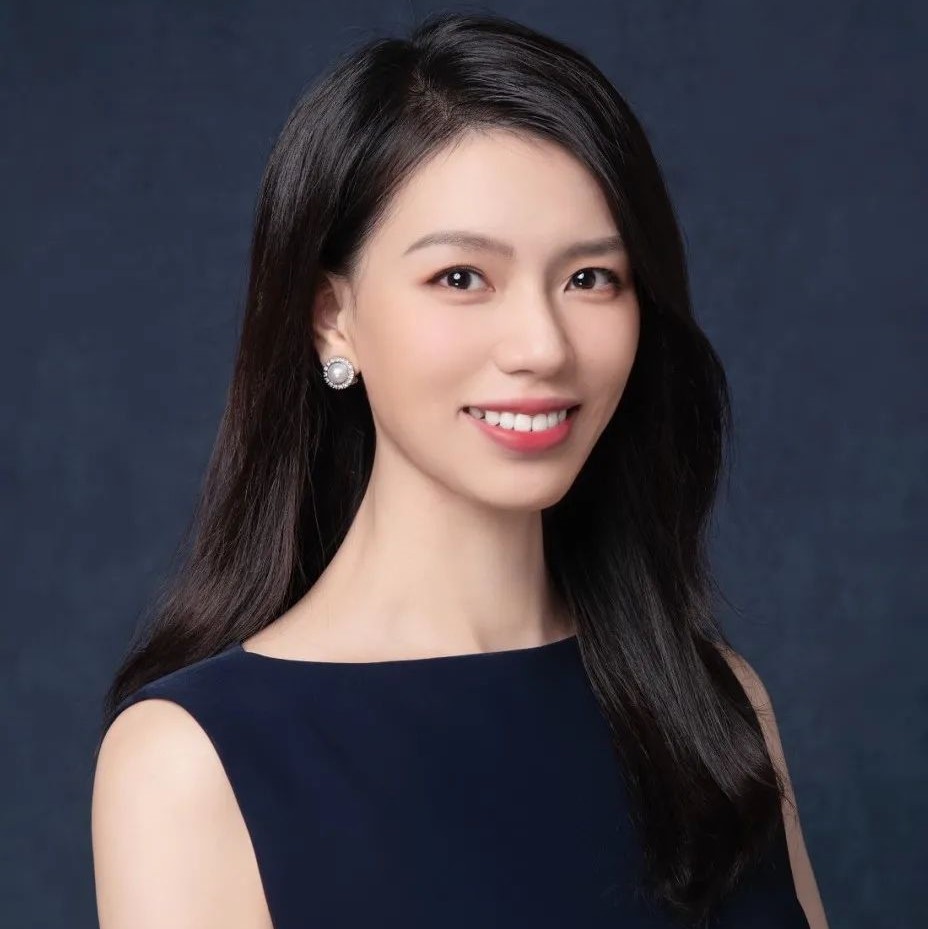
Hu Xiaoman
华为MindSpore开源生态总监胡晓曼,华为昇思MindSpore开源生态总监,昇思大模型平台负责人,LF AI & DATA基金会Outreach委员会Chair,中国电子学会专家库成员,Tiny MS开源项目负责人,华为科技女性代表之一。
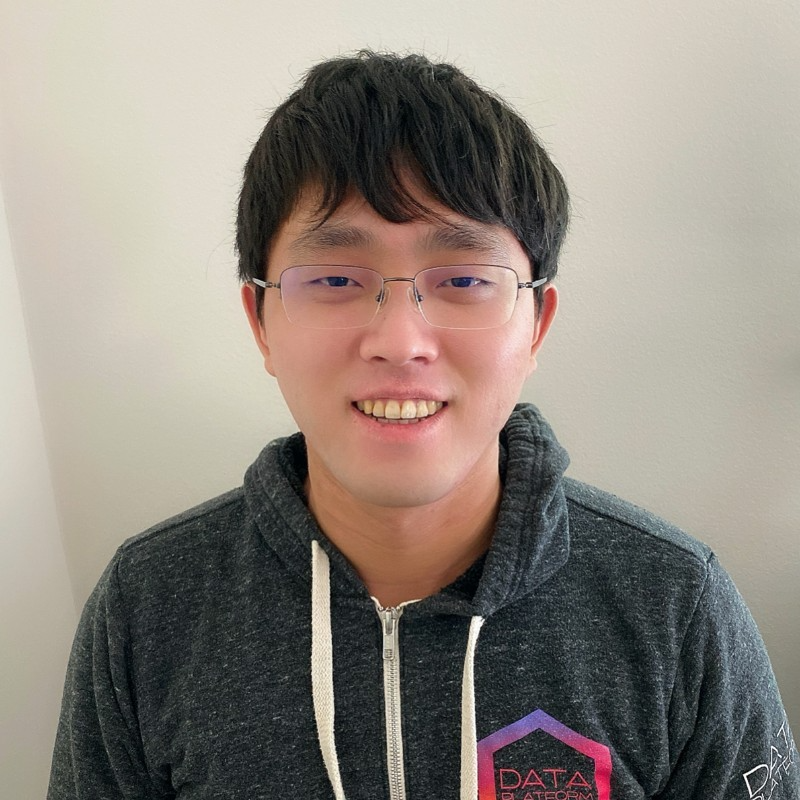
Su Cheng
Anyscale Ray Data 团队经理苏成,Anyscale公司团队经理,负责Ray Data数据预处理模块。开源项目Ray committer。专注于解决人工智能中数据读取和预处理的痛点问题。曾就职于Meta数据架构部门,参与Spark, Hive, Hadoop等多个开源项目开发。
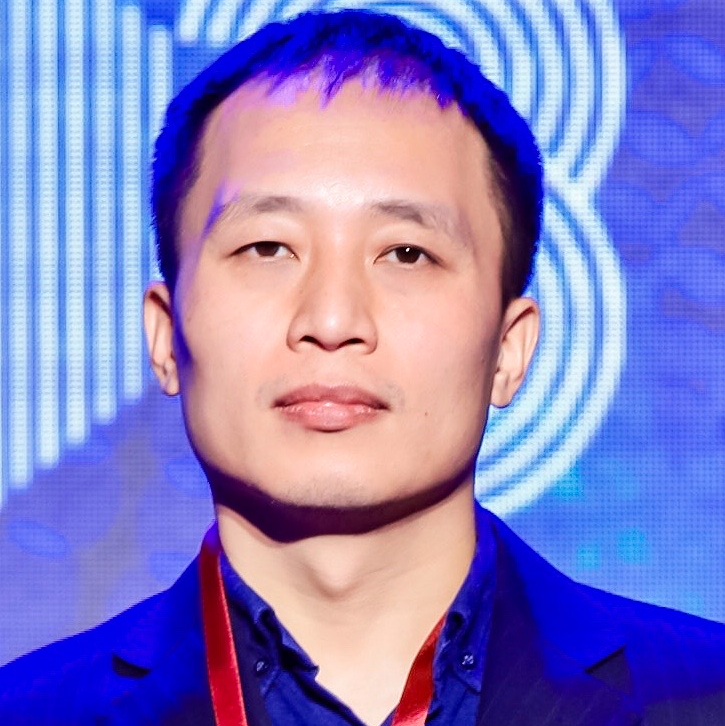
Zhang Jun
百度飞桨框架产品负责人、开放原子开源基金会TOC委员张军,现任百度飞桨资深工程师,是飞桨(PaddlePaddle)开源社区的maintainer之一,长期的开源贡献者,同时,也是开放原子开源基金会技术监督委员会成员。张军在自然语言处理、云计算、深度学习等领域,拥有五十余件发明专利。曾经是百度深度学习框架、百度翻译的核心研发工程师,目前主要负责飞桨开源框架的产品设计和开源社区建设。
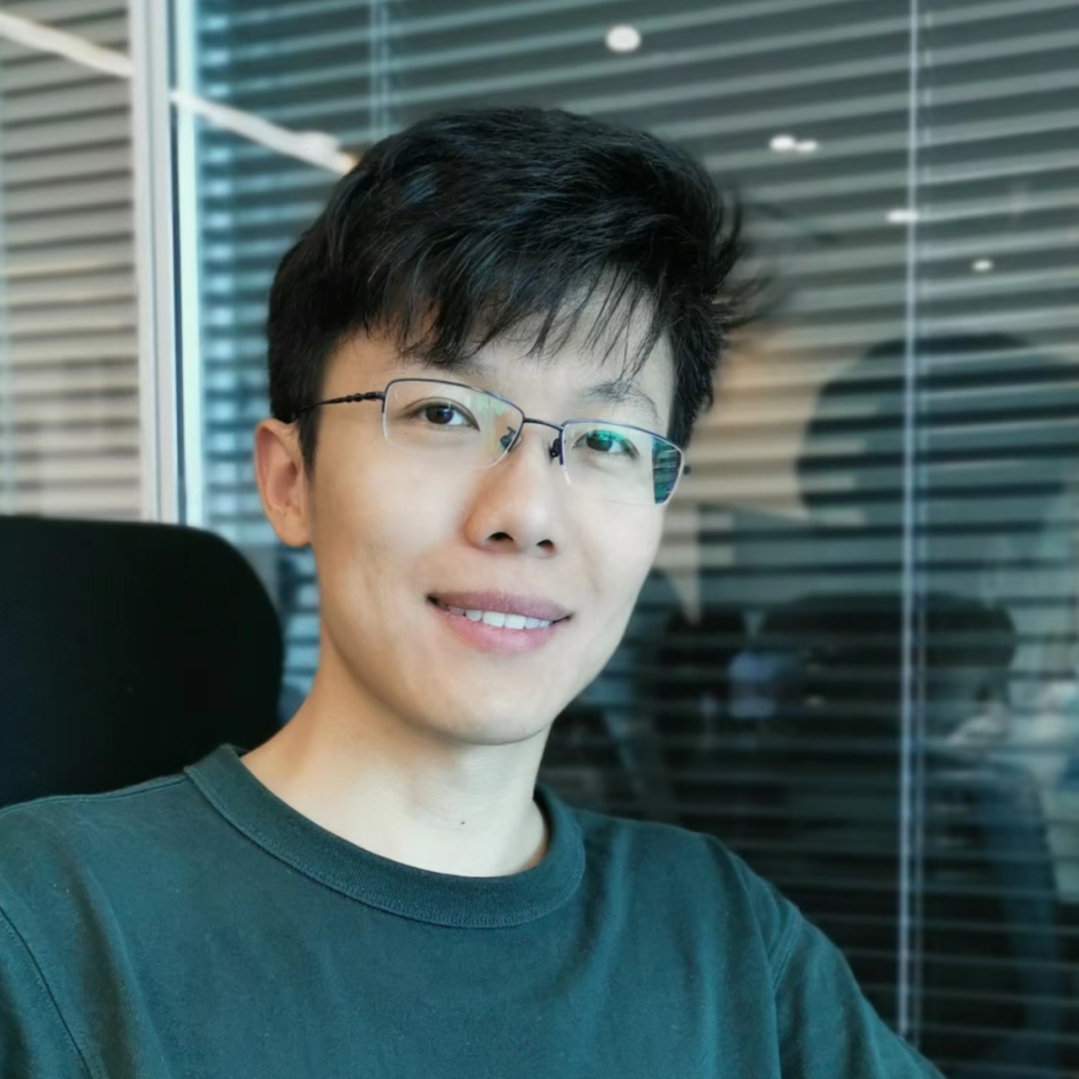
Guo Rentong
Ziiliz合伙人&产品总监郭人通博士是 Zilliz 的合伙人兼产品总监,他专注于开发以 AI 为中心的数据分析基础软件与系统。他是 Milvus 项目的系统架构师和 PMC 成员,以及Towhee 项目的创始人,目前是 Zilliz 的产品负责人。他毕业于华中科技大学,获得计算机软件与理论博士学位。他的研究成果曾发表于 SIGMOD,VLDB,USENIX ATC,ICS,IEEE TPDS 等国际顶级会议和期刊。
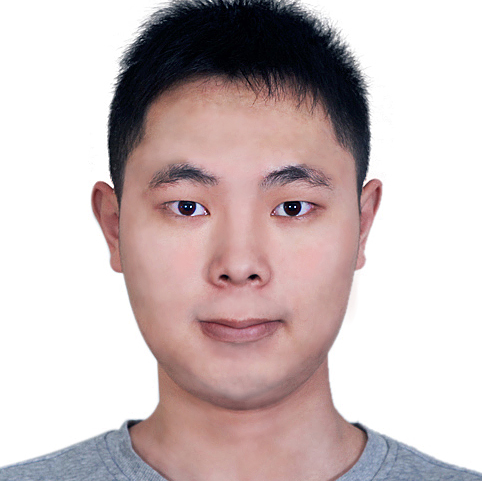
Huang Shiyu
第四范式强化学习科学家,OpenRL Lab负责人黄世宇,第四范式强化学习科学家,开源强化学习OpenRL创始人。本科与博士均毕业于清华大学计算机系,导师是朱军和陈挺教授,本科期间在CMU交换,导师为Deva Ramanan教授。主要研究方向为强化学习,多智能体强化学习,分布式强化学习。曾在ICLR、CVPR、AAAI、AAMAS等顶级会议发表多篇学术论文。其领导开发的TiZero谷歌足球游戏智能体曾在及第平台上取得排名第一的成绩。黄世宇也曾在腾讯AI Lab、华为诺亚、商汤、瑞莱智慧等工作。
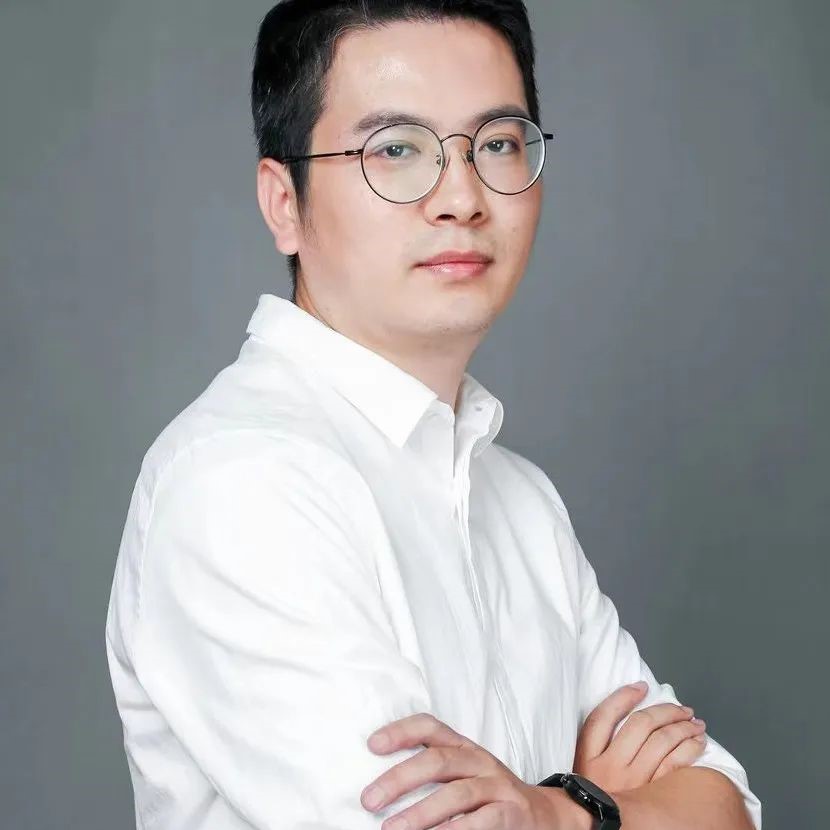
Xu Nan
中科院自动化所副研究员、中科闻歌产研中心副总经理徐楠博士,中科院自动化研究所副研究员、中科闻歌产研中心副总经理,在ACL、AAAI、SIGIR、CIKM、TMM、IEEE Intelligent Systems等人工智能领域顶级学术会议和期刊上发表论文10余篇,申请发明专利20余项。科技部国家重点研发计划重点专项方向负责人,中国科学院特别研究助理资助,国家青年科学基金课题负责人。
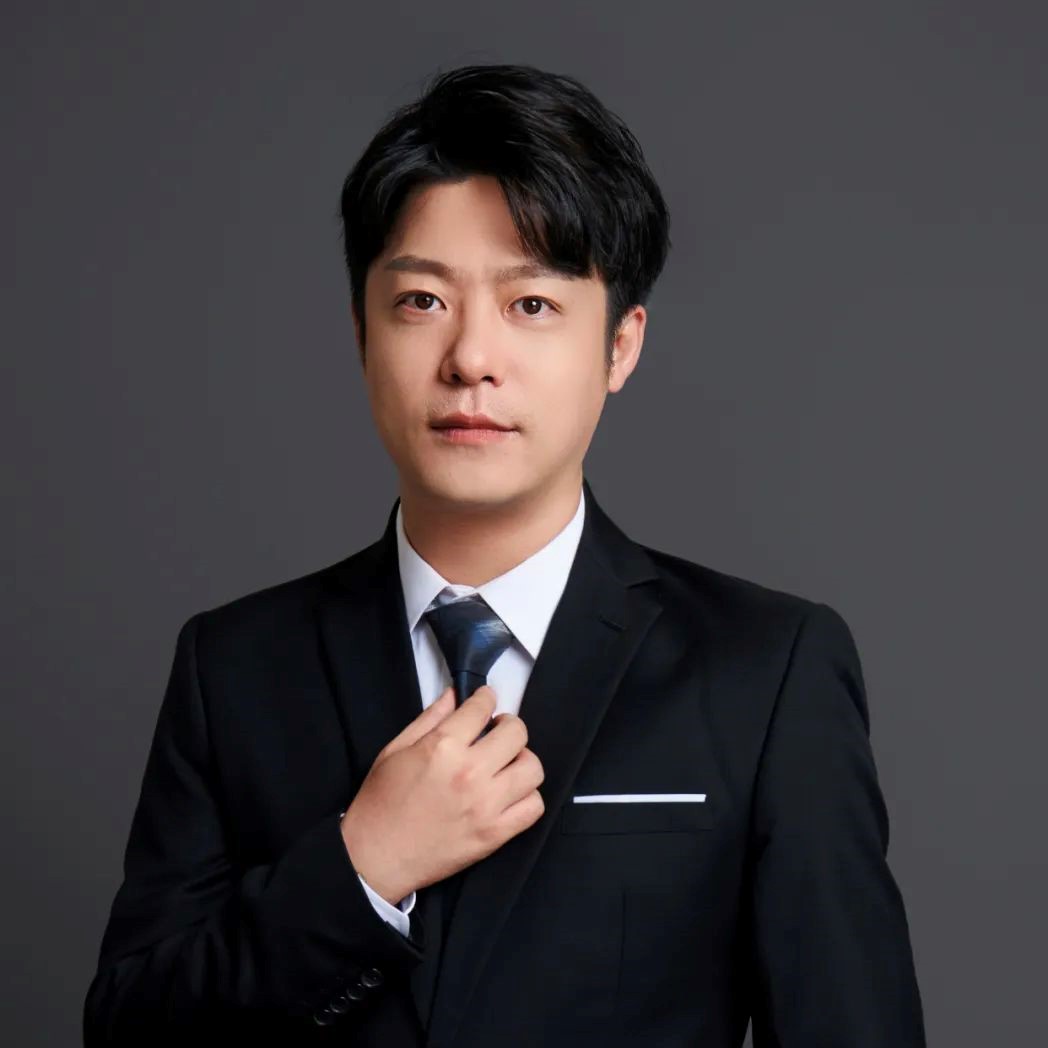
Li Chen
Zilliz开发者关系及市场运营负责人Linux Foundation APAC Evangelist。曾任开源中国社区负责人,Linux Foundation 开源软件学园运营负责人。多年来从事开源项目和社区的组织、管理工作,有着丰富的市场和运营经验,策划及参与执行多个国内外顶级基金会在国内的落地和生态拓展工作。
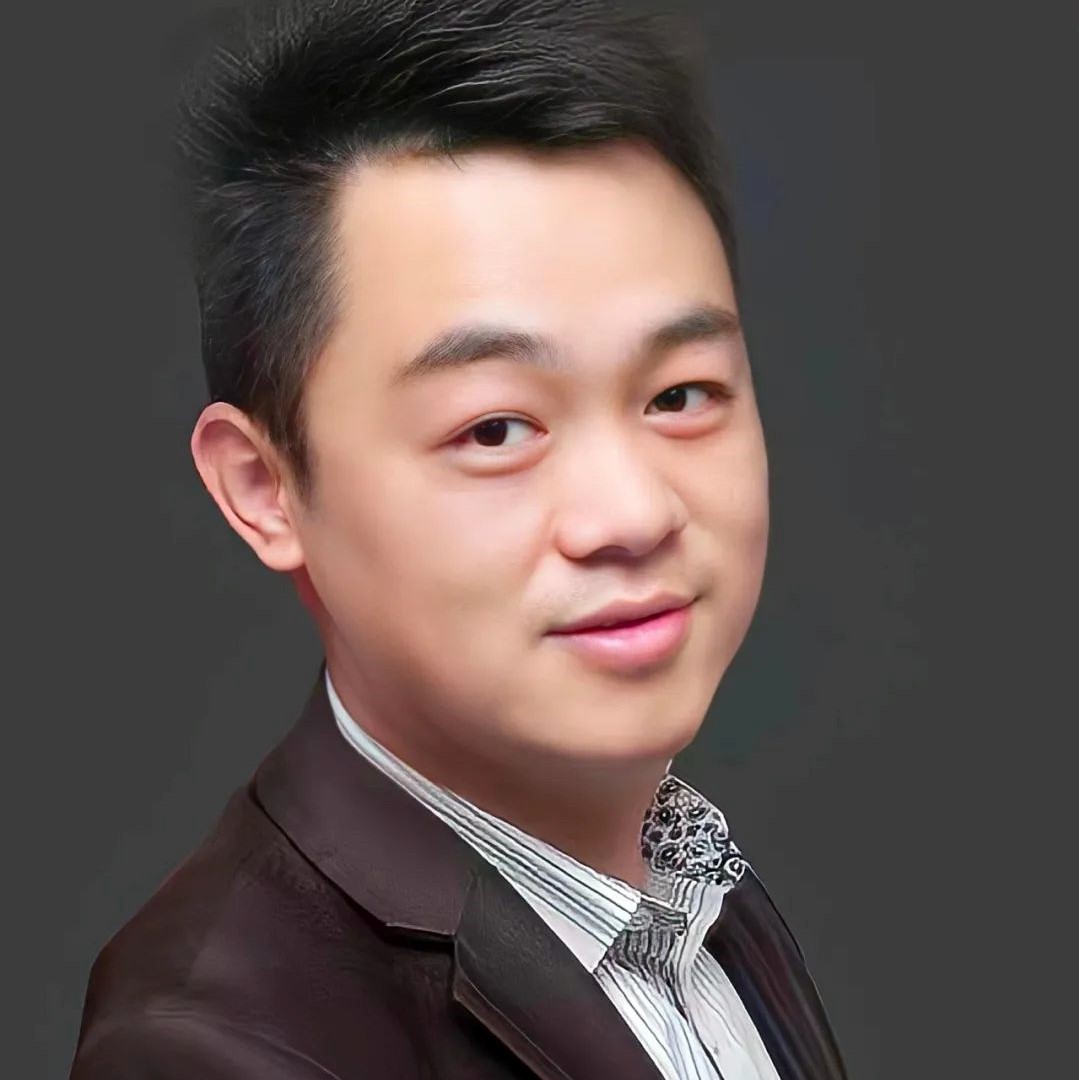
Meng Wei
中兴通讯开源战略总监、LF AI & Data董事会成员孟伟,中兴通讯股份有限公司开源战略总监。从2016年开始,他就牵头中兴通讯人工智能领域的预研工作。他致力于AI和5G方向的研究,并在2018年被选为联合国国际电信联盟ITU-T ML5G WG3主席(机器学习应用于5G网络架构组)。同时他当选中国人工智能产业发展联盟总体组副组长及Linux AI & Data基金会董事会成员。孟伟先生先后担任Linux基金会ODL项目的PTL及Adlik项目的mentor,并且在IETF及ITU-T立项及发布多项国际标准,涉及人工智能及网络功能虚拟化方向。同时,他以第一作者获得中国及国际专利授权30余件。
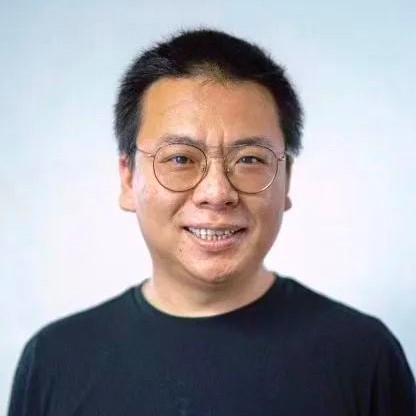
Du Lin
倍赛科技创始人兼CEO本科毕业于上海交通大学ACM试点班,清华大学-欧洲工商管理学院INSEAD高级工商管理硕士TIEMBA。连续创业者,曾先后创立并成功退出数字营销公司Puda Tech、极限钓鱼品牌 M&W Jigging。
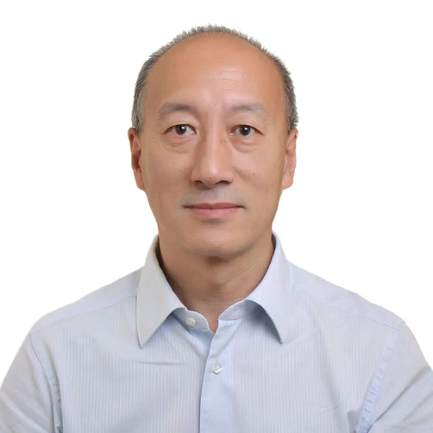
Nan XinSheng
中国互联网协会人工智能工作委员会副主任委员、中国通信标准化协会副秘书长曾任中囯联通互联网与电子商务部总经理,中国联通投资管理部总经理,中国联通辽宁省分公司总经理,教授级高级工程师,享受国务院政府特殊津贴专家。
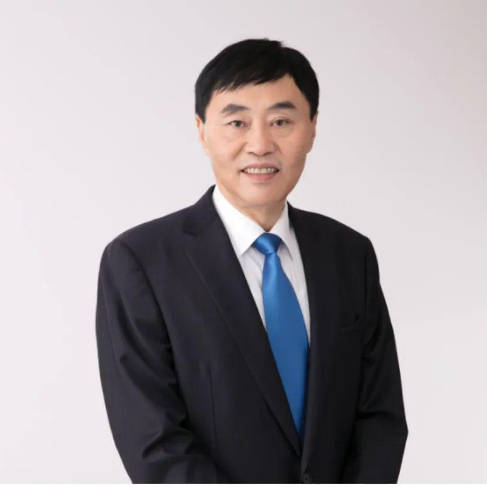
Shang Bing
中国互联网协会理事长1982年沈阳化工学院高分子化工专业毕业,2002年获美国纽约州立大学MBA学位,2006年获香港理工大学工商管理博士学位。高级经济师。历任辽宁省经委技术局干部,辽宁省工业技术开发中心副主任、主任,辽宁省经济技术开发公司副总经理、总经理,中国联通辽宁分公司副总经理(主持工作)、总经理、临时党委书记,中国联通副总经理、党组成员,中国联通总经理、党组成员,中国电信集团公司党组书记、副总经理,工业和信息化部副部长、党组成员,国家网信办兼职副主任,中国移动通信集团公司董事长、党组书记。

Gao Tongqing
中国移动通信集团有限公司党组成员、副总经理高同庆,中国移动通信集团有限公司副总经理、党组成员、总法律顾问、首席合规官,GSMA(全球移动通信系统协会)董事、中国通信学会副理事长、工业和信息化部信息通信经济专家委员会副理事长、中国移动技术咨询委员会主任。管理学博士,国务院特殊津贴专家,教授级高级工程师,全国五一劳动奖章获得者。第十届全国人大代表。曾任中国电信集团有限公司执行董事、党组成员、副总经理。在科技创新、信息技术、国际化运营、股权投资、政策监管等领域拥有丰富经验和成就。
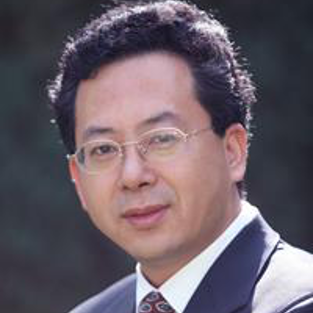
Su Jun
清华大学公共管理学院教授、清华大学智库中心主任苏竣教授为教育部特聘教授,现任清华大学公共管理学院教授、清华大学智库中心主任、清华大学智能社会治理研究院院长、清华大学科教政策研究中心主任,兼任清华大学中国科技政策研究中心副主任、清华大学中国工程科技发展战略研究院副院长。享受国务院特殊津贴,是教育部公共管理类学科专业教学指导委员会副主任、教育部科技委管理学部委员,入选国家百千万人才工程,并被授予有突出贡献中青年专家称号。曾在哈佛大学肯尼迪政府学院科学与国际事务中心做访问学者,在国际著名公共政策专家Lewis M. Branscomb教授指导下进行公共政策研究。
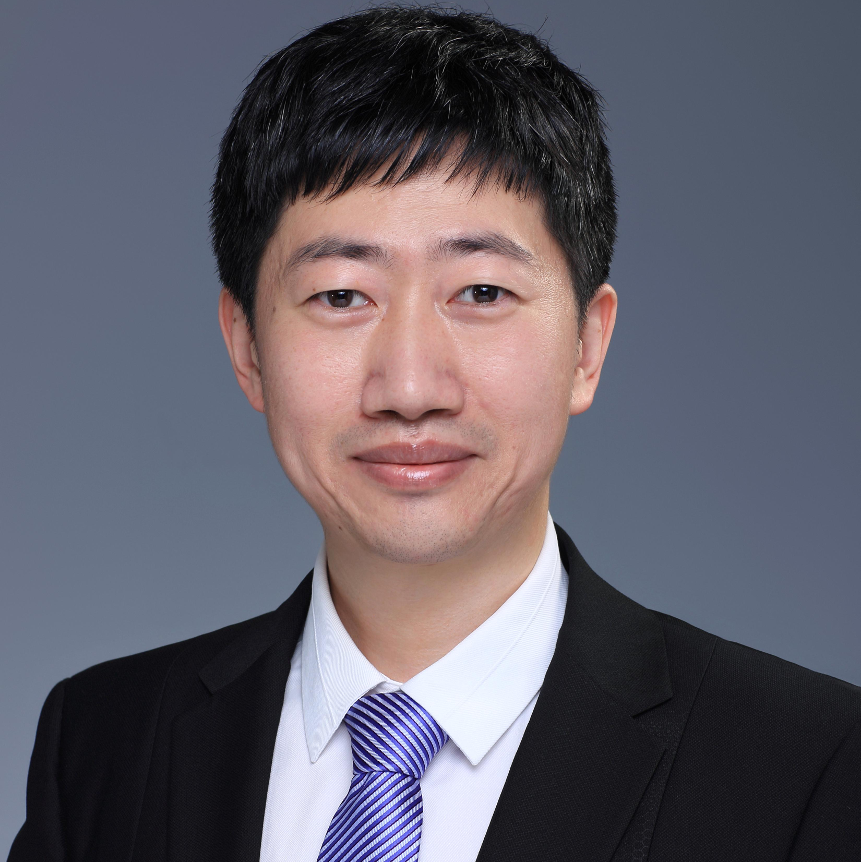
丁效
哈尔滨工业大学教授、黑龙江省中文信息处理重点实验室副主任主要研究方向为人工智能、自然语言处理、可解释性推理和事理图谱。在ACL、AAAI、IJCAI、EMNLP等人工智能领域的著名国际期刊和会议上发表相关论文60余篇,承担国家自然科学基金面上项目等多项省部级以上项目,参与国家重大科技基础设施建设项目(大科学工程装置建设)、“新一代人工智能”重大项目、国家自然科学基金重点项目等多个科研项目。荣获国家级教学成果二等奖、黑龙江省科技进步二等奖、SemEval 2020国际语义评测“检测反事实陈述”任务第一名,入选2022年AI 2000全球人工智能最具影响力学者、华为云AI名师奖等。
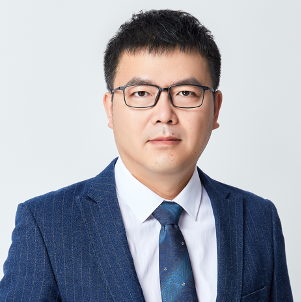
伍大勇
科大讯飞北京研究院执行院长现任科大讯飞北京研究院执行院长,科大讯飞AI研究院副院长。中文信息学会社会媒体处理专业委员会(SMP)委员,中国人工智能学会人工智能与安全专委会委员。长期从事自然语言处理、数据挖掘、机器学习等人工智能方向的研究工作。目前在讯飞北京研究院主要负责自动文本审校、智能科研辅助等方面的研发工作,主持和参与了多项人工智能方面的国家重点课题研究。
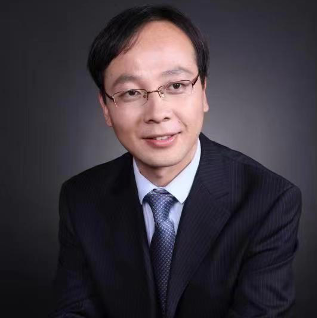
魏凯
中国信息通信研究院云计算与大数据研究所副所长担任中国信息通信研究院大数据与人工智能领域主席,兼任中国人工智能产业发展联盟总体组组长、中国互联网协会数据安全与治理工作委员会副秘书长、ITU-T SG16国内对口组组长等。牵头编写《可信人工智能白皮书》,主持国内国际标准30多项。2021年获中央国家机关五一劳动奖章。